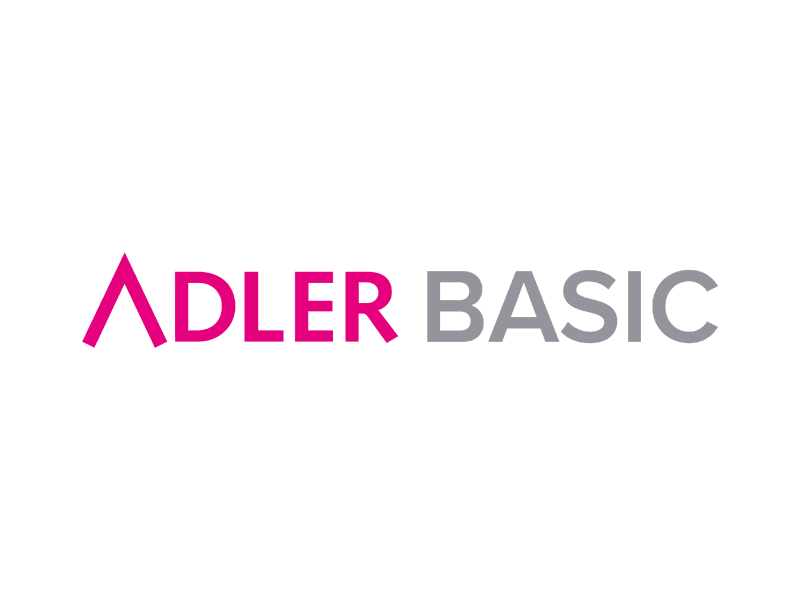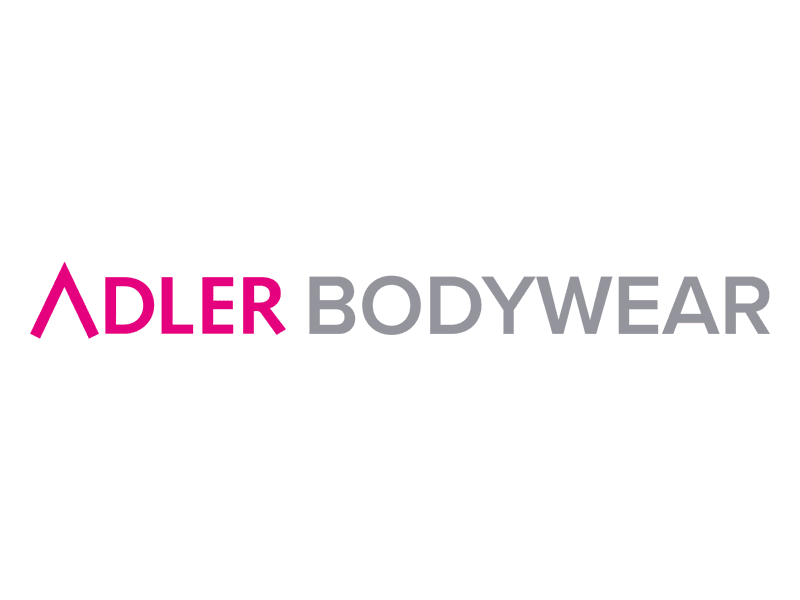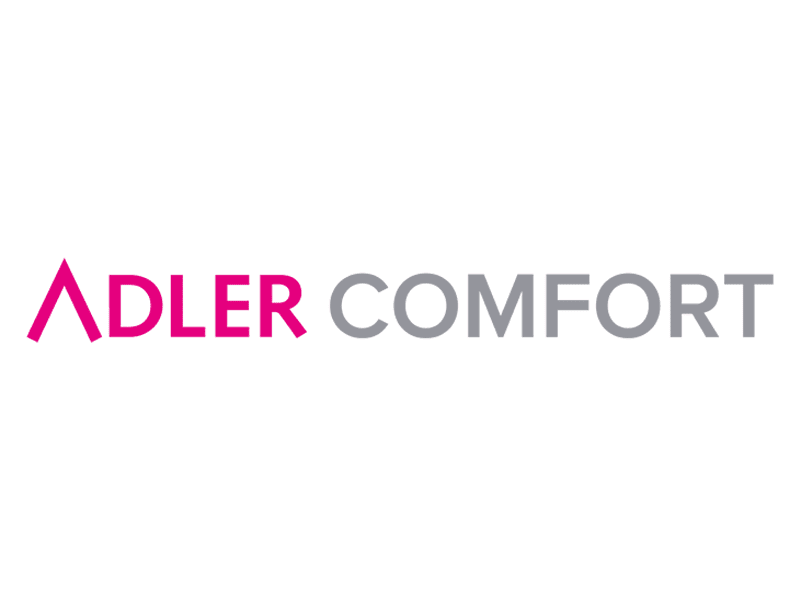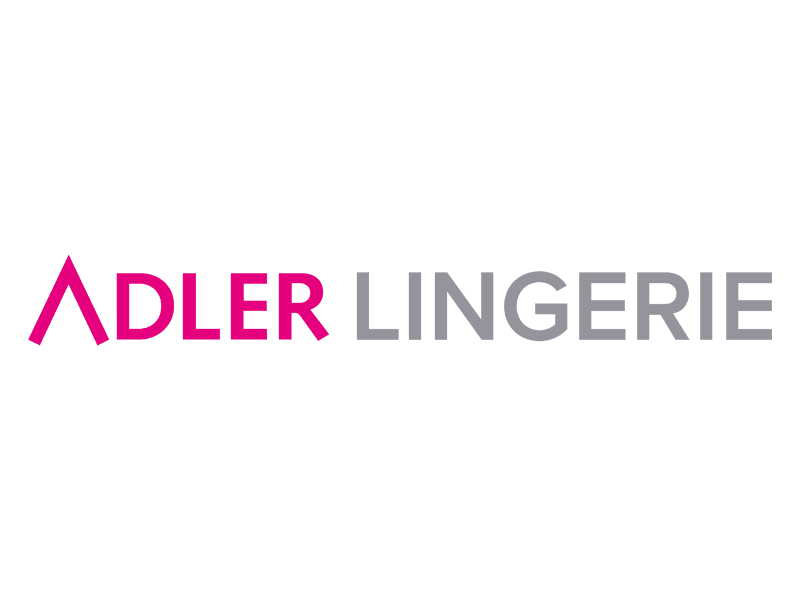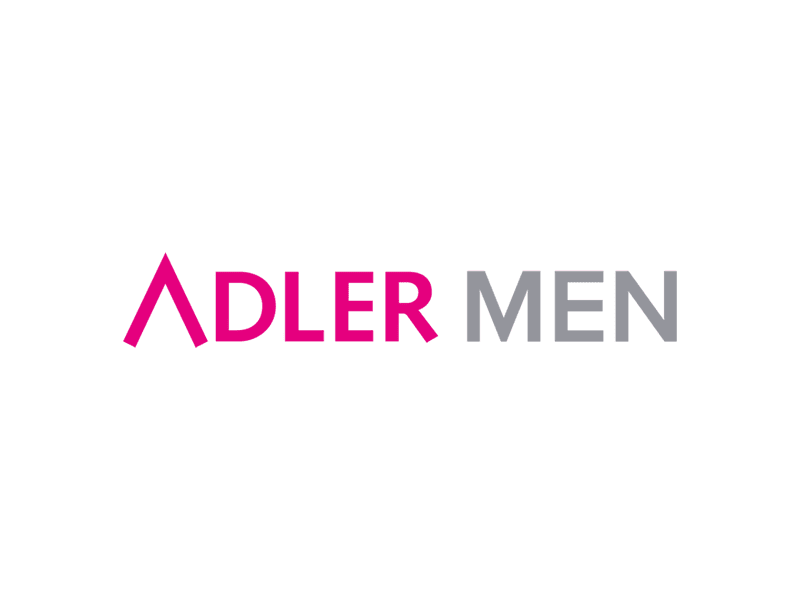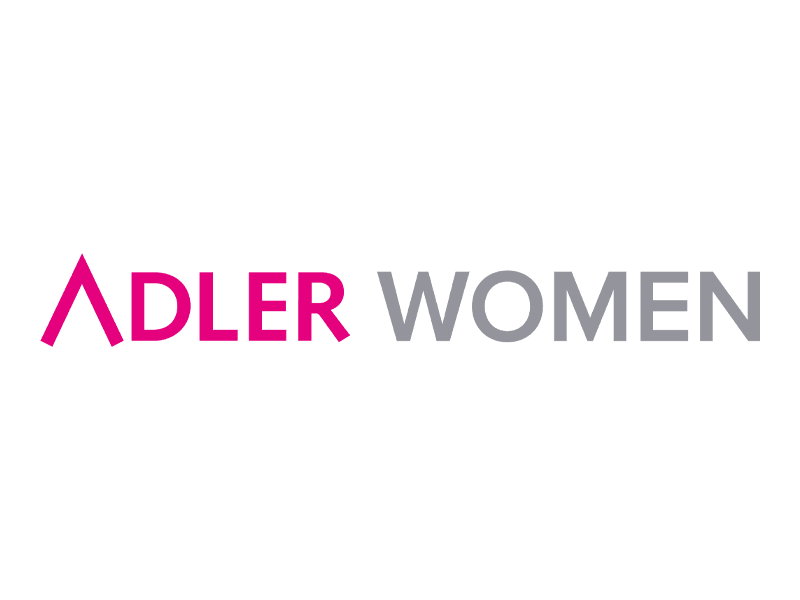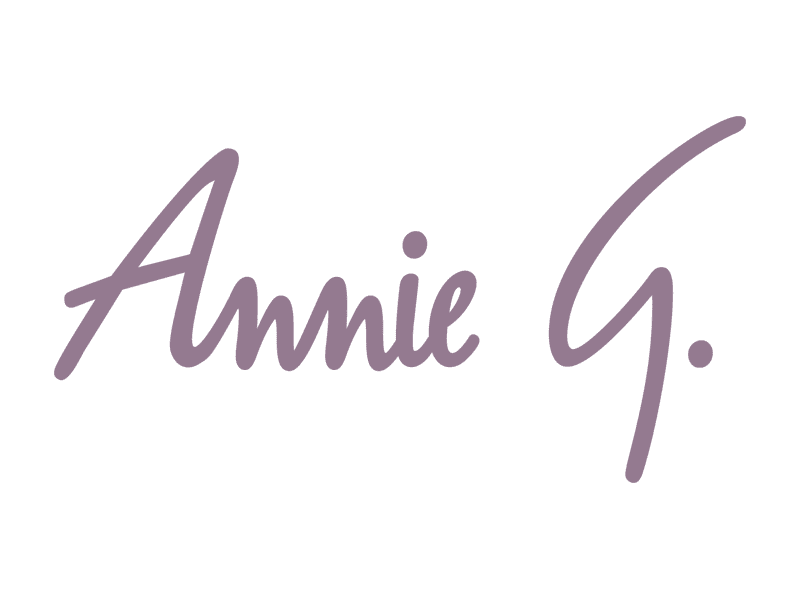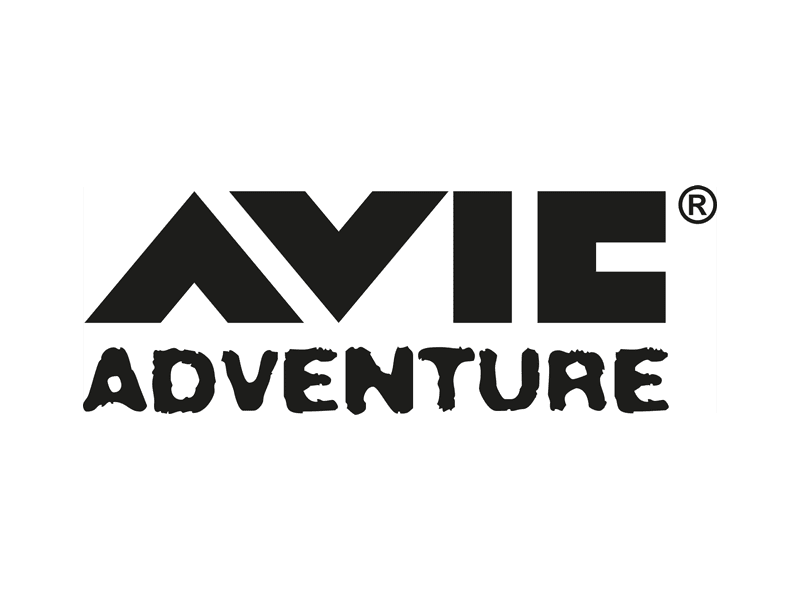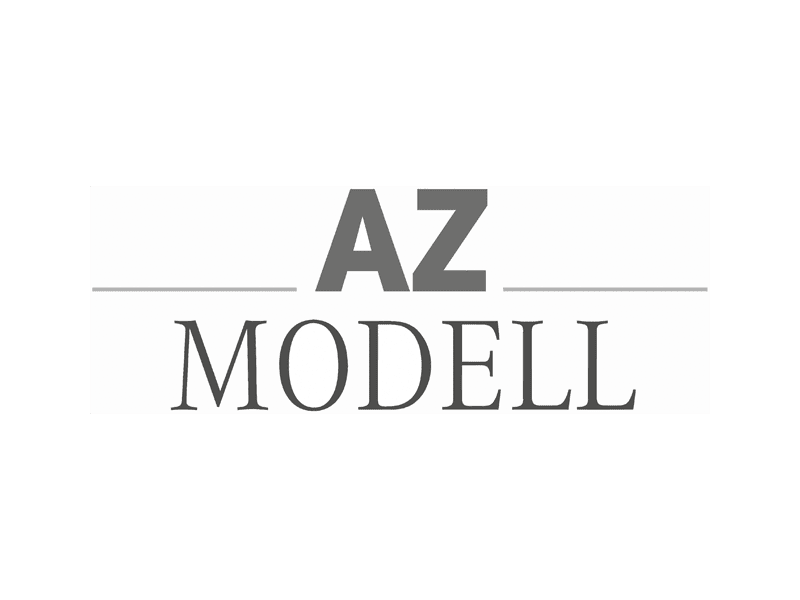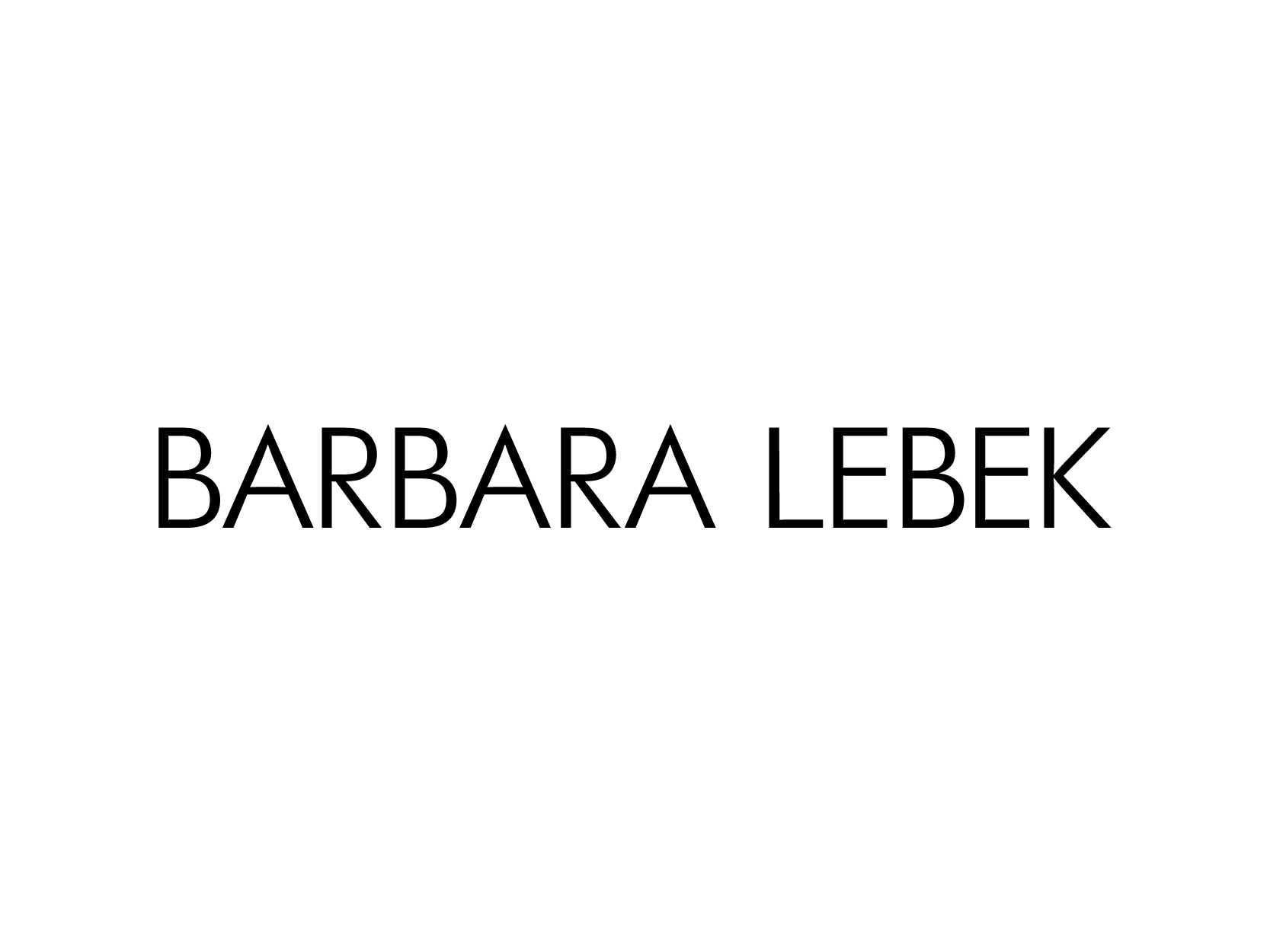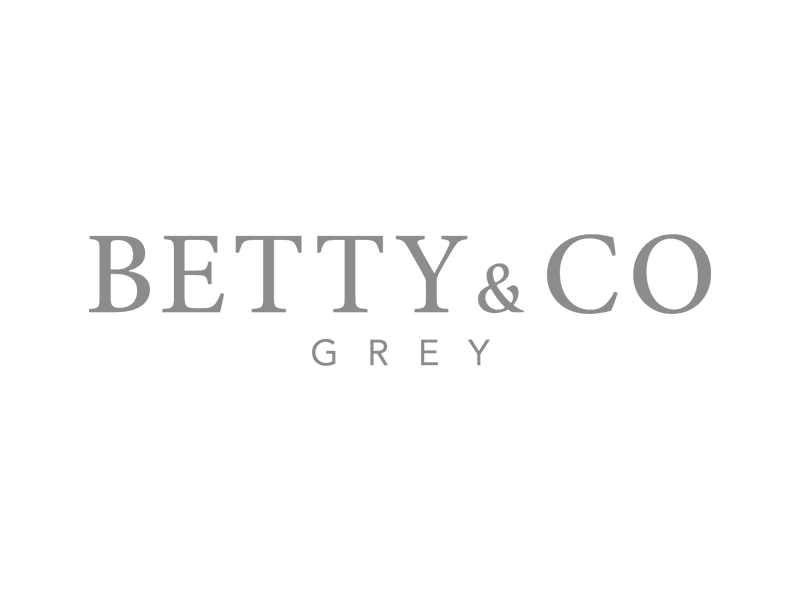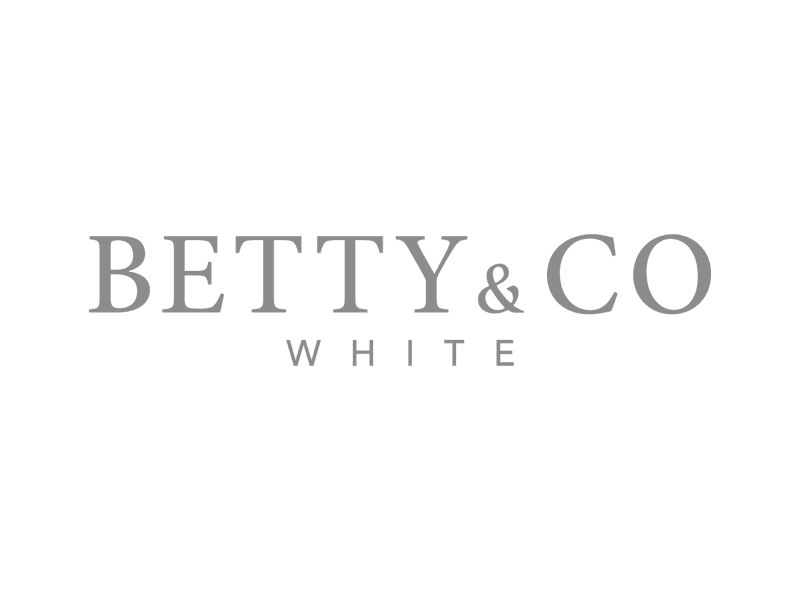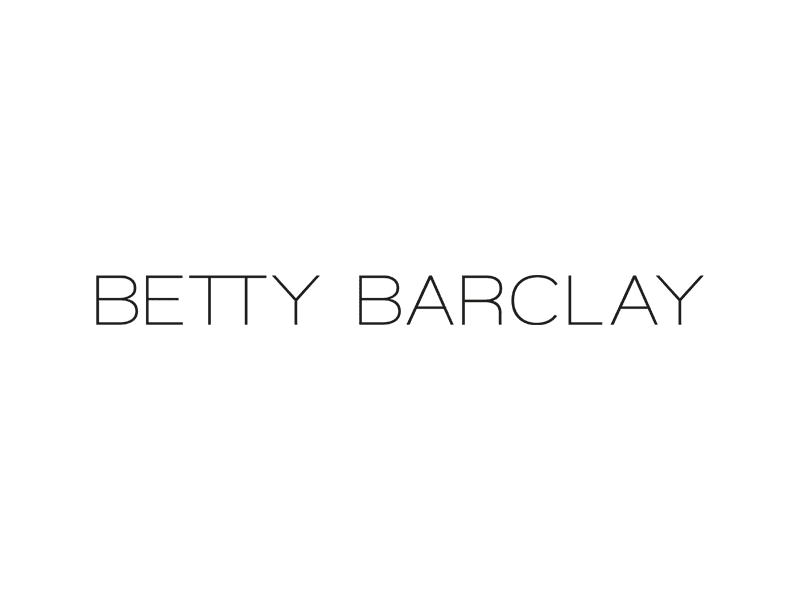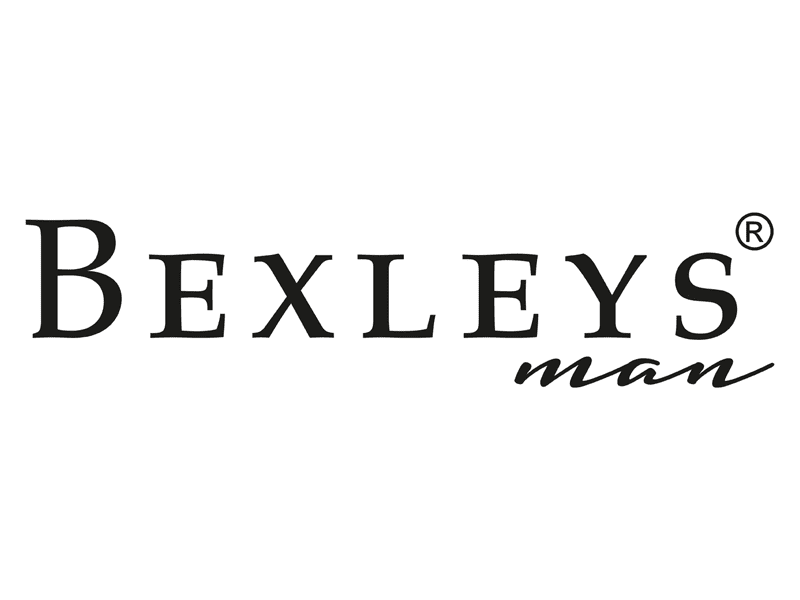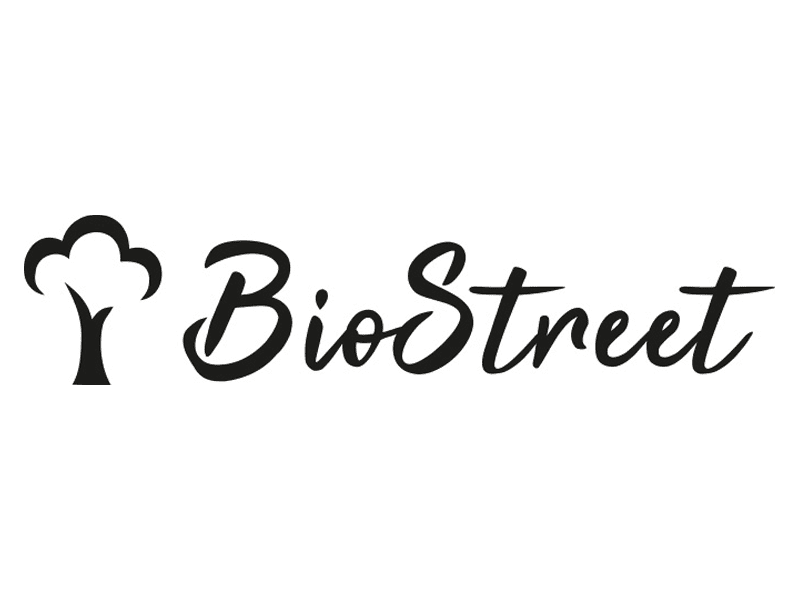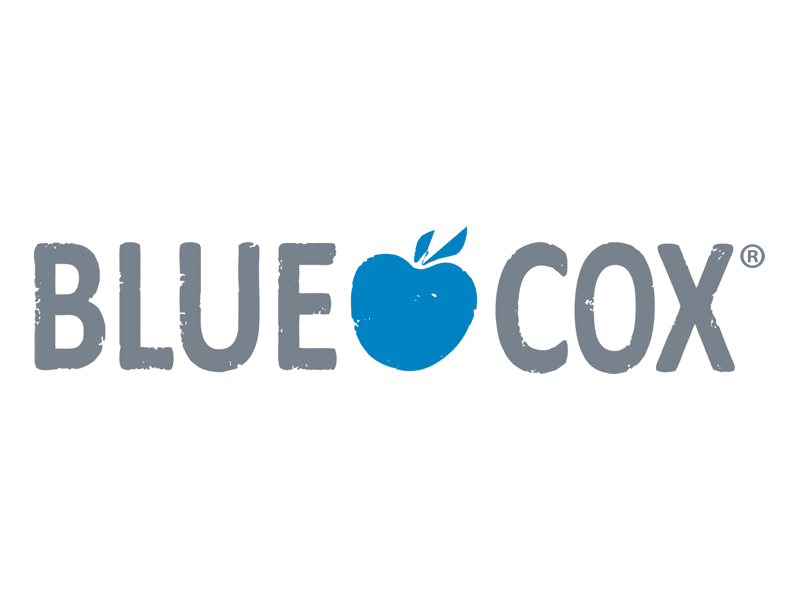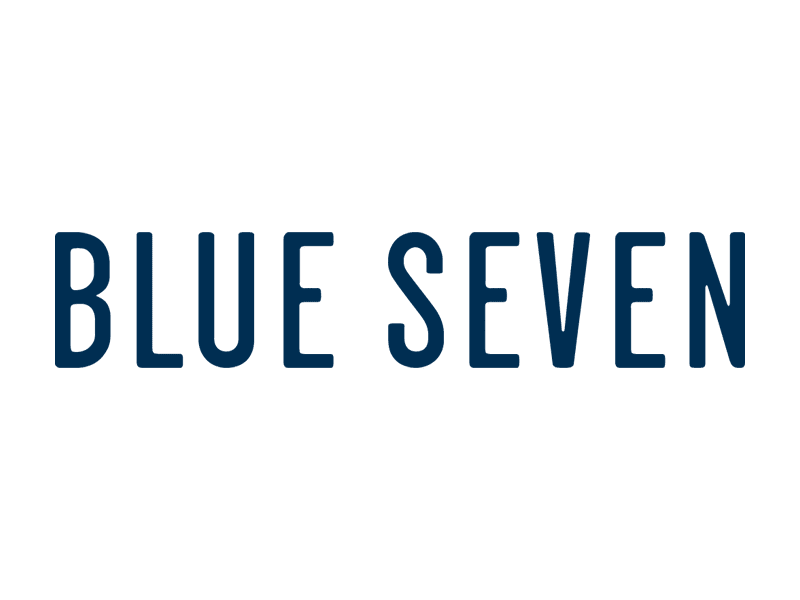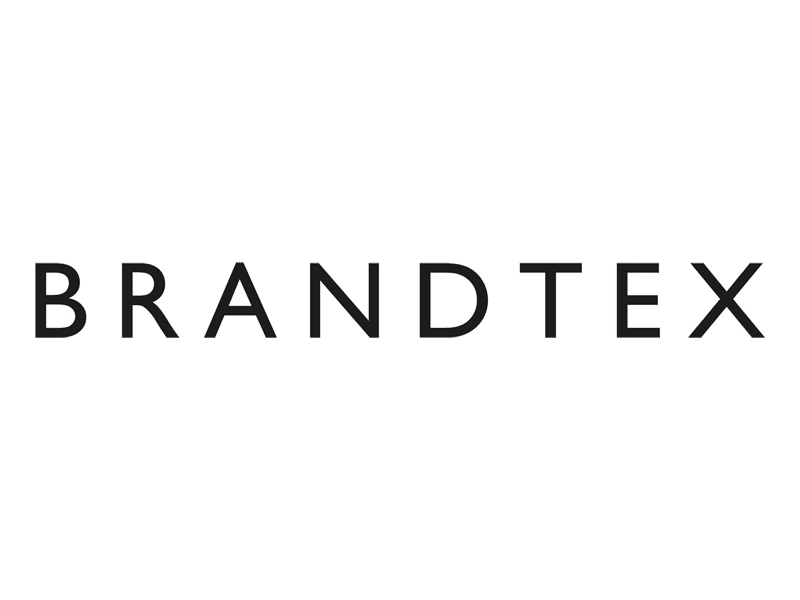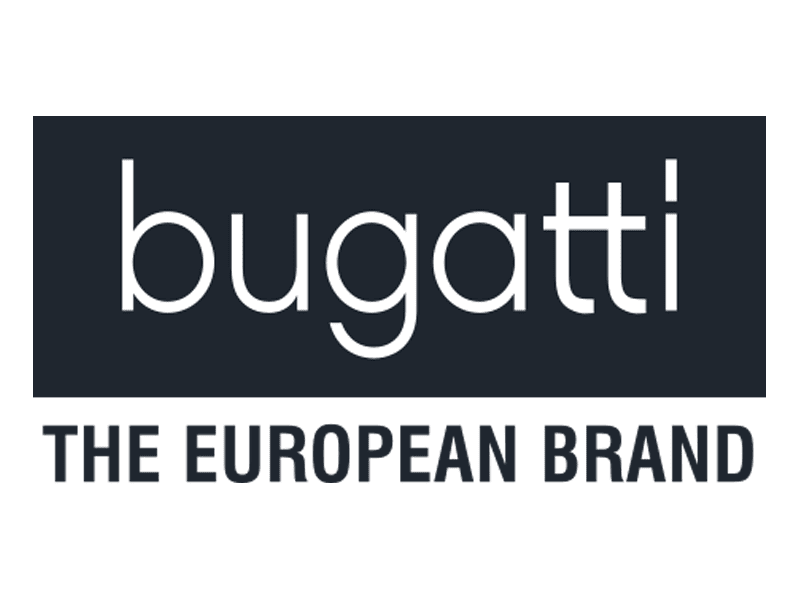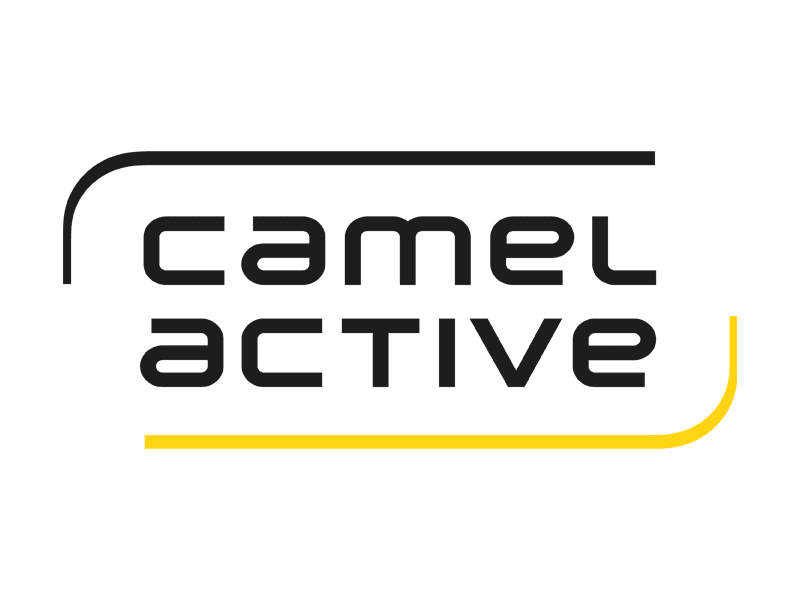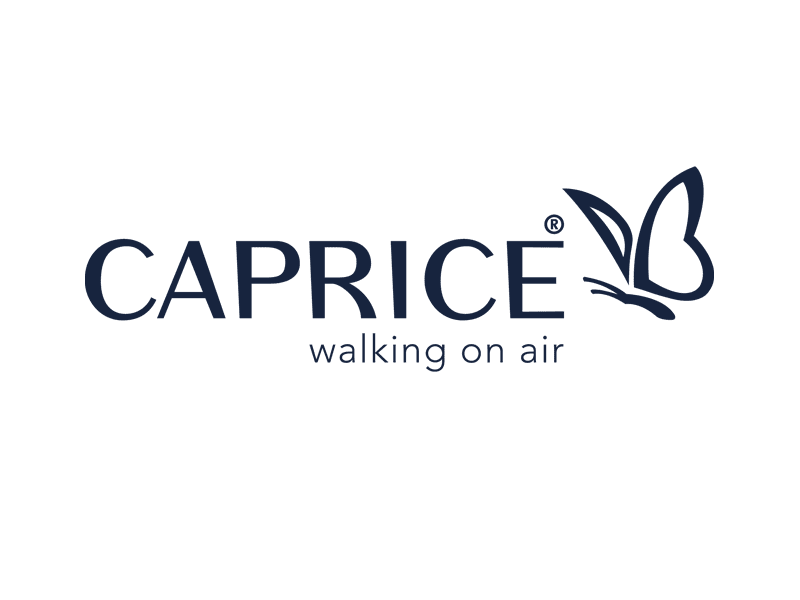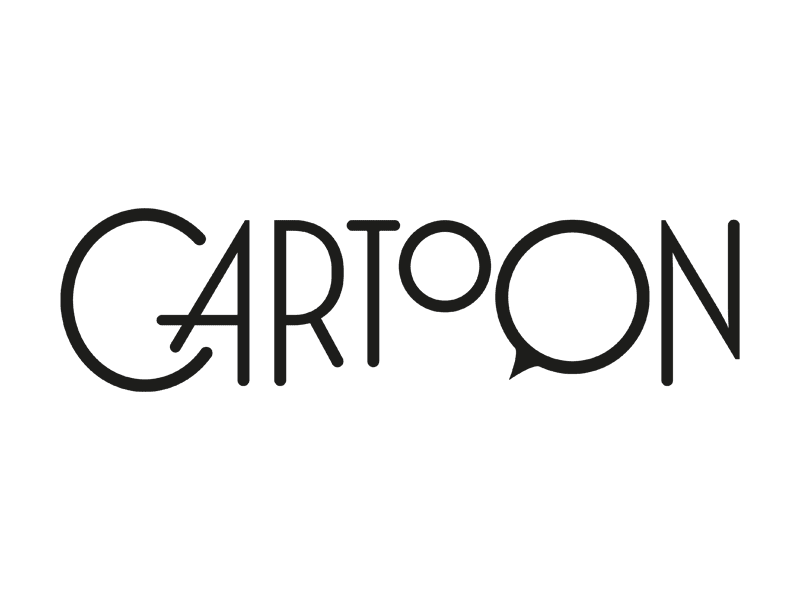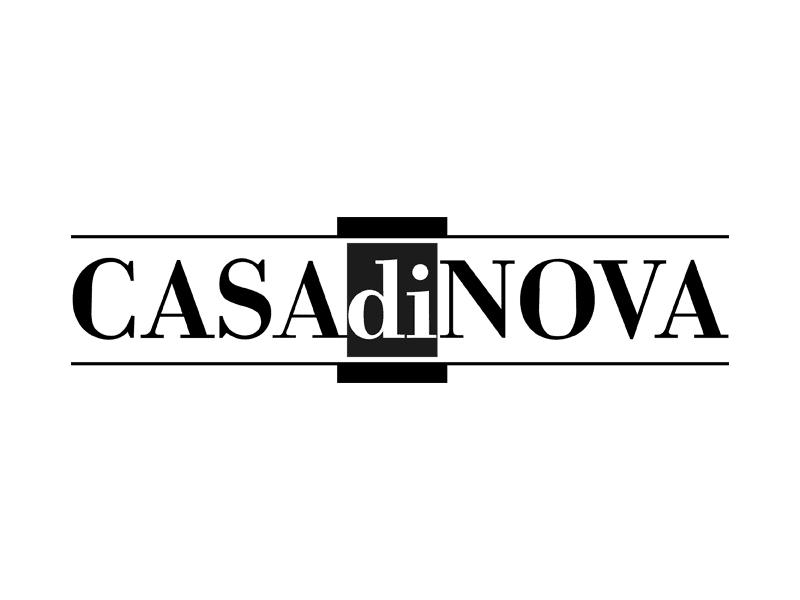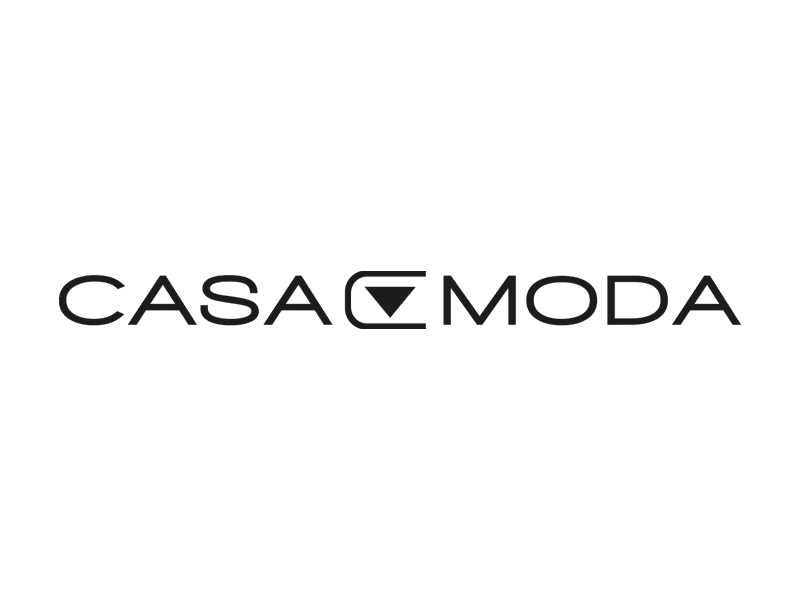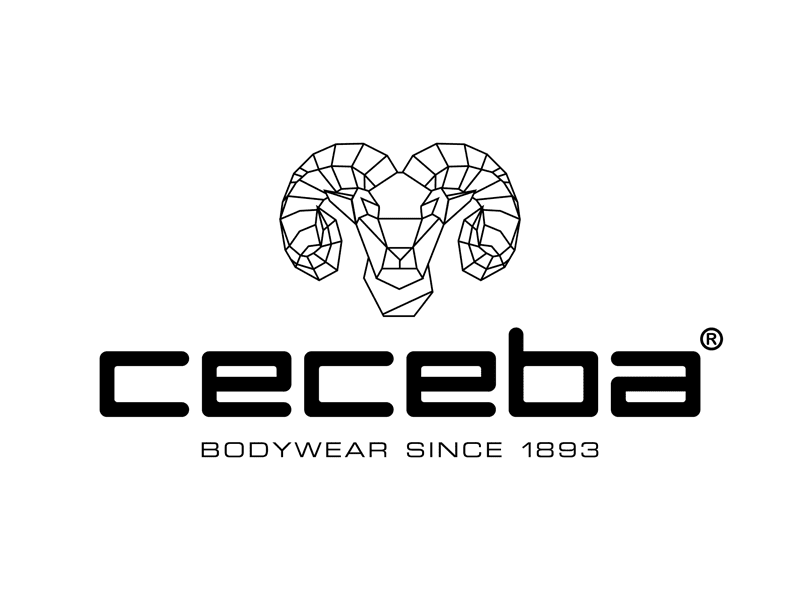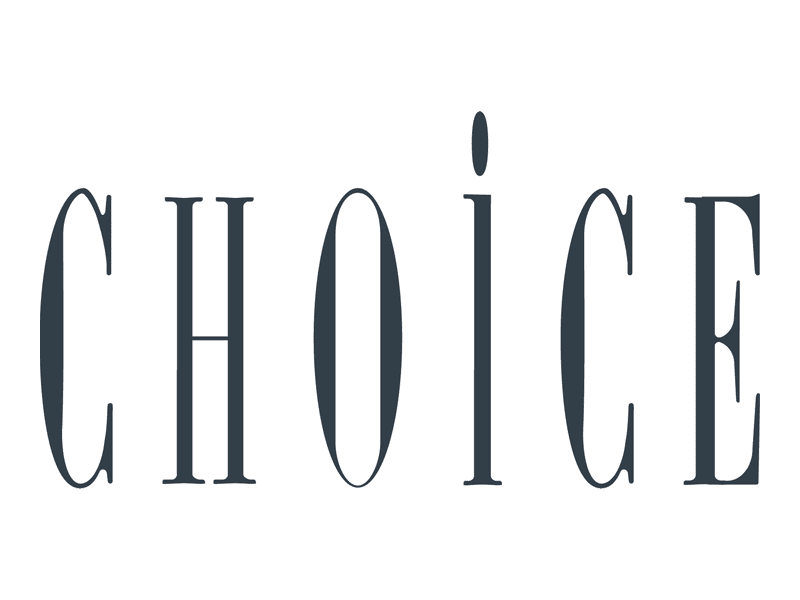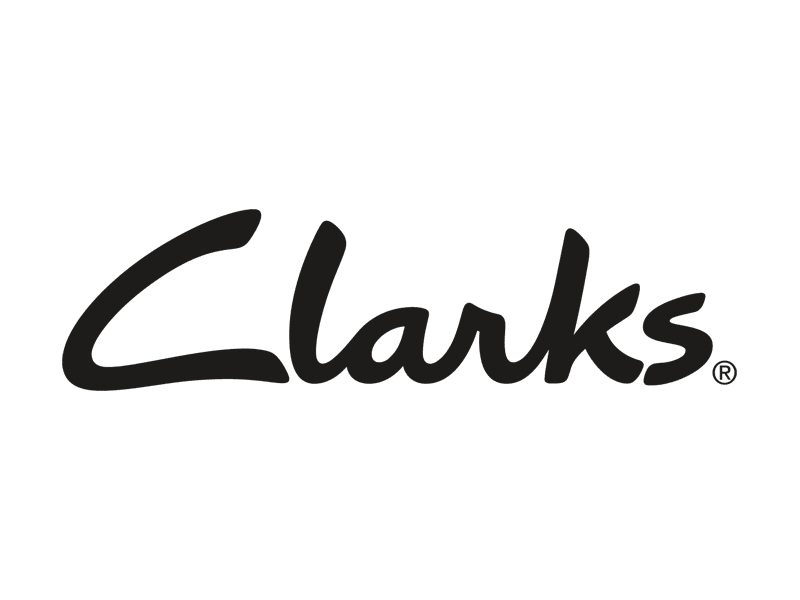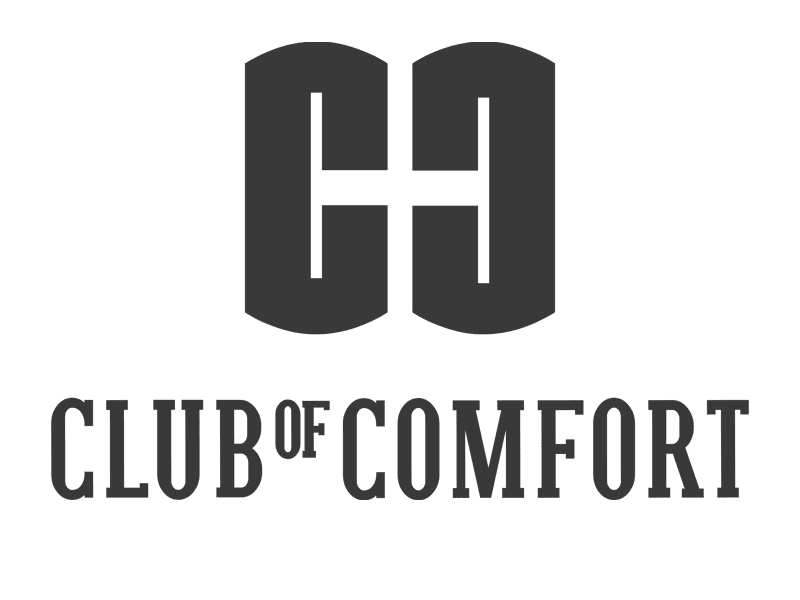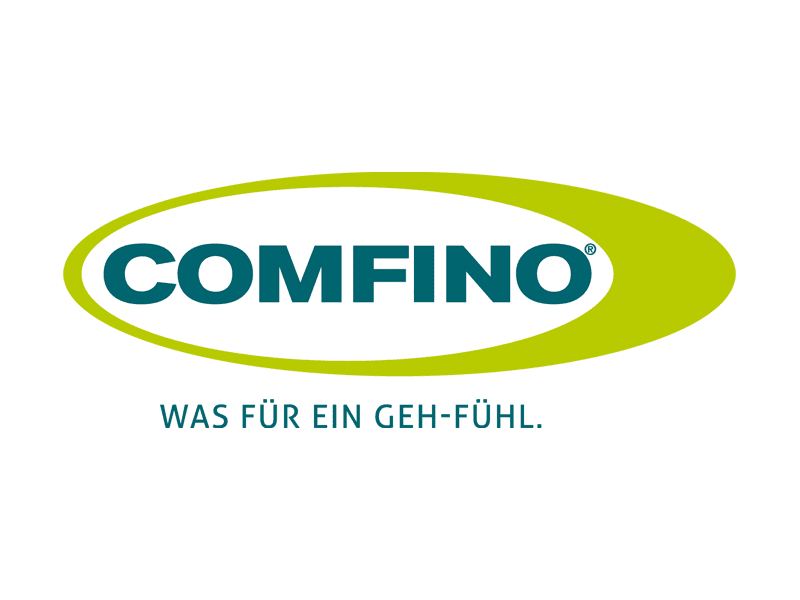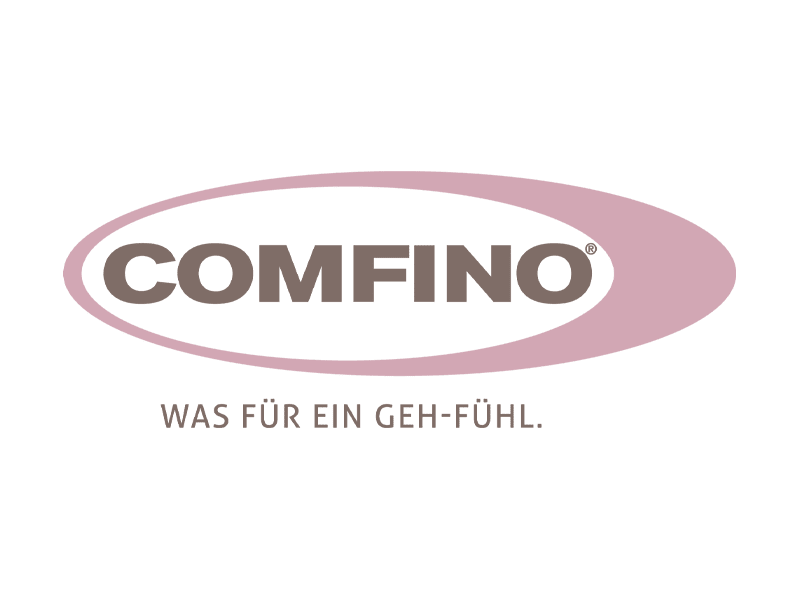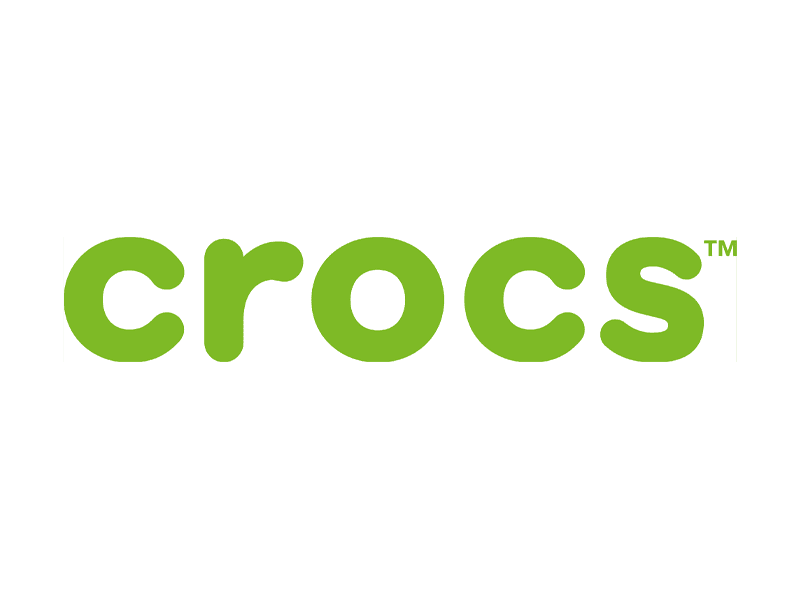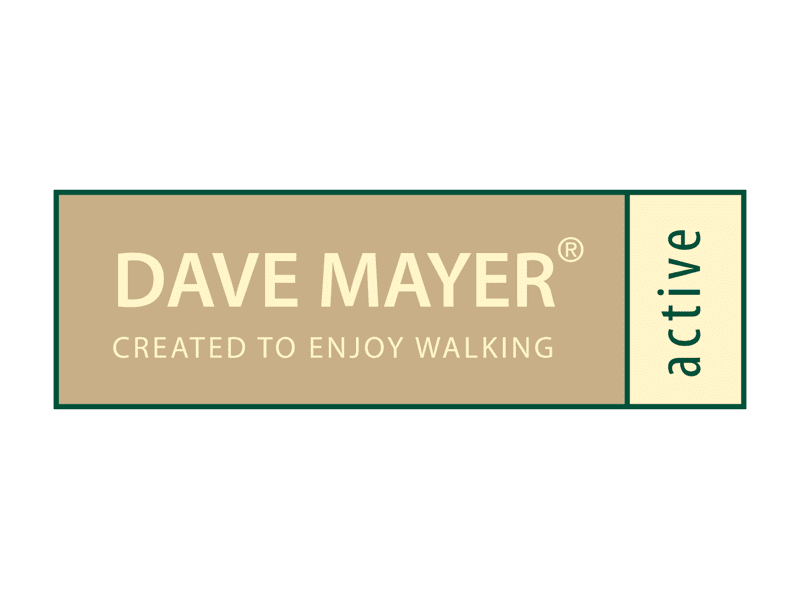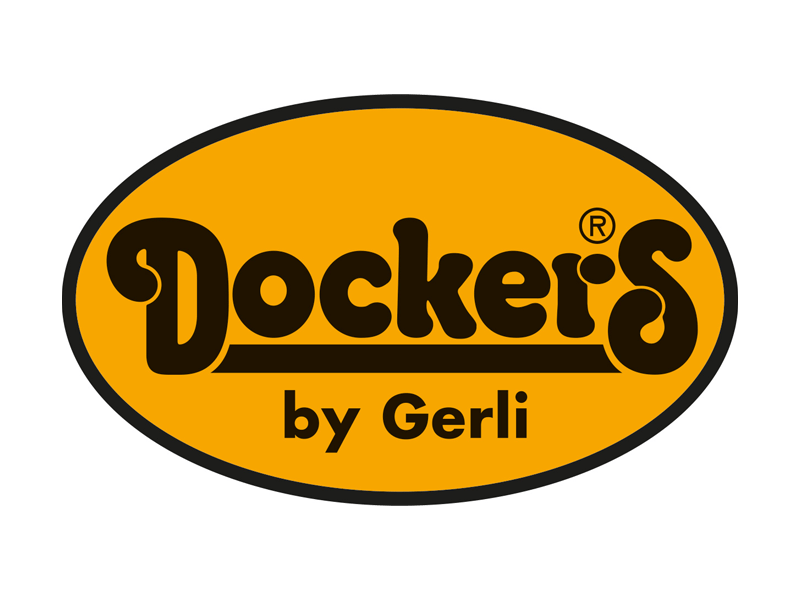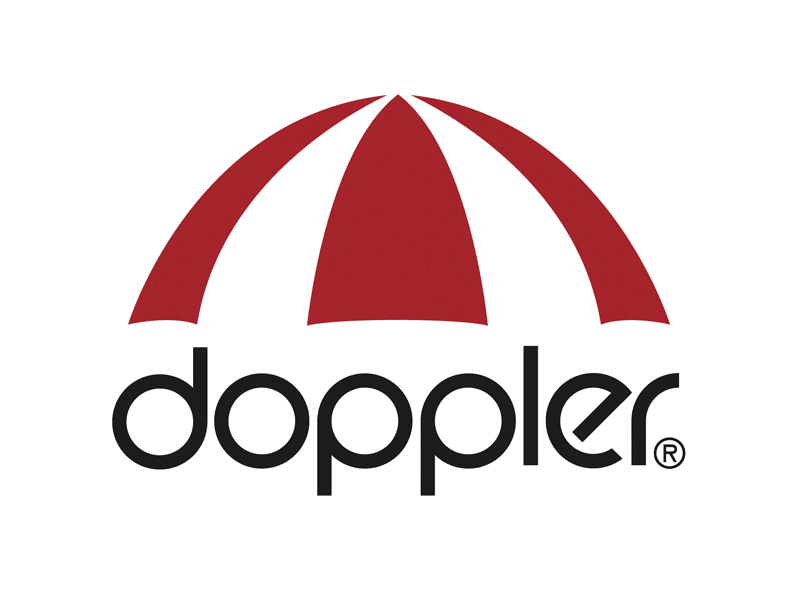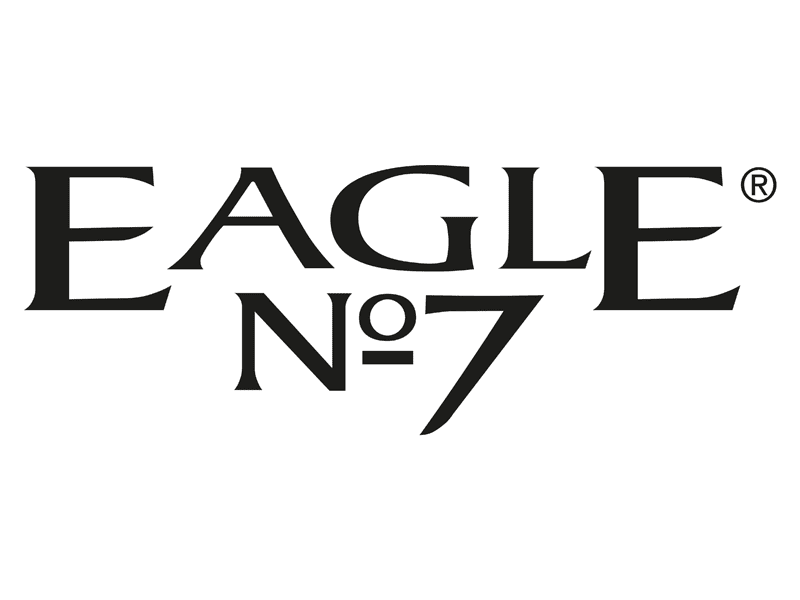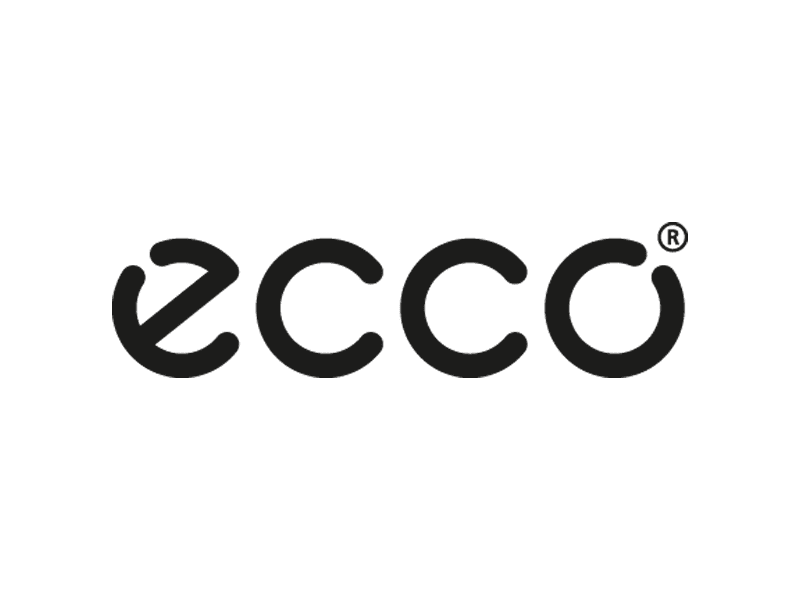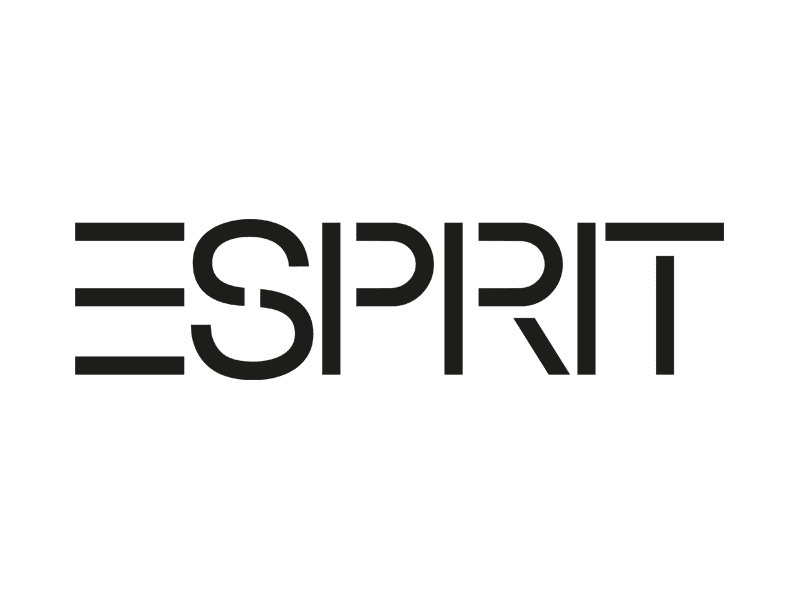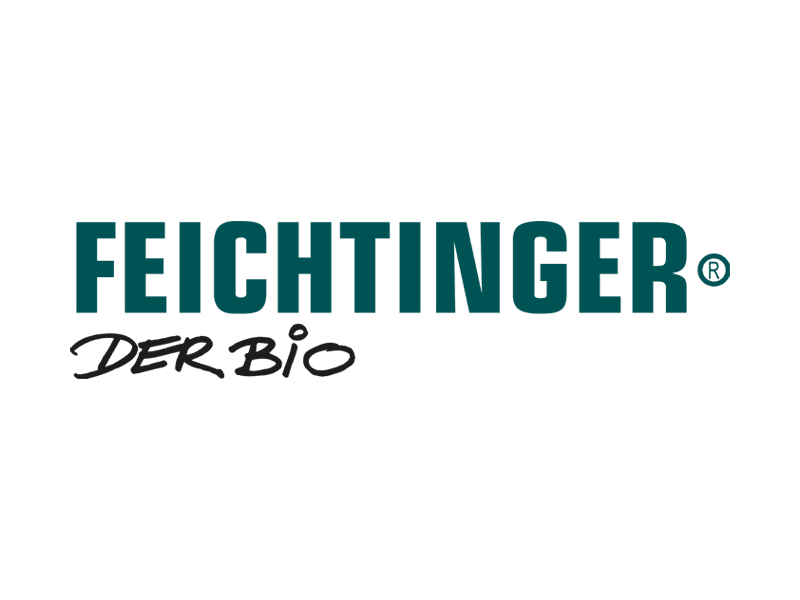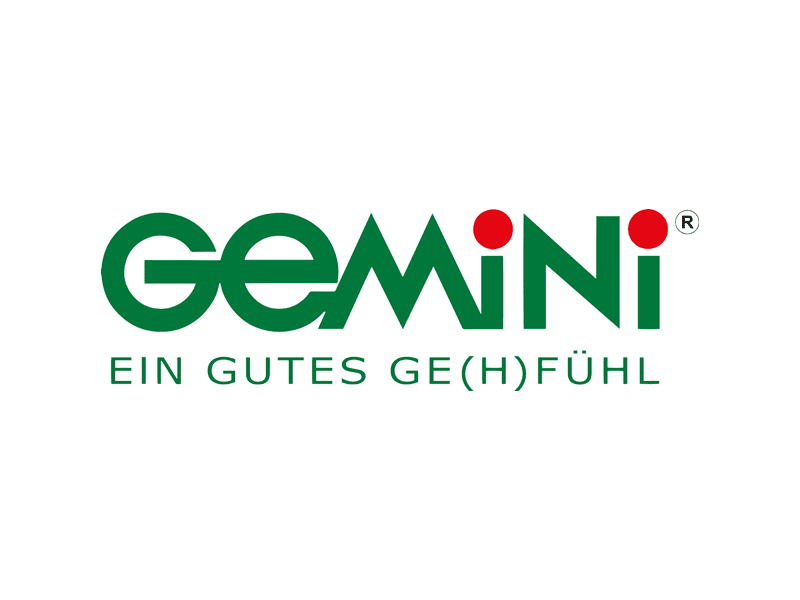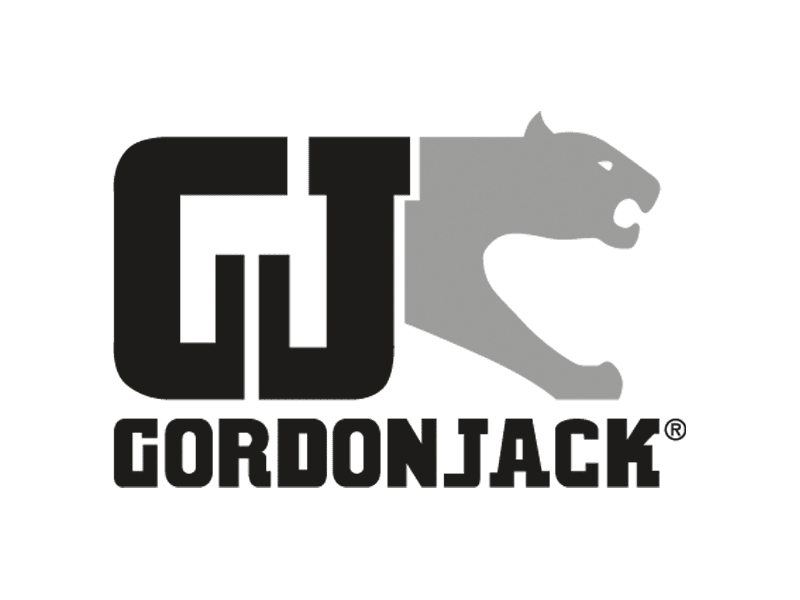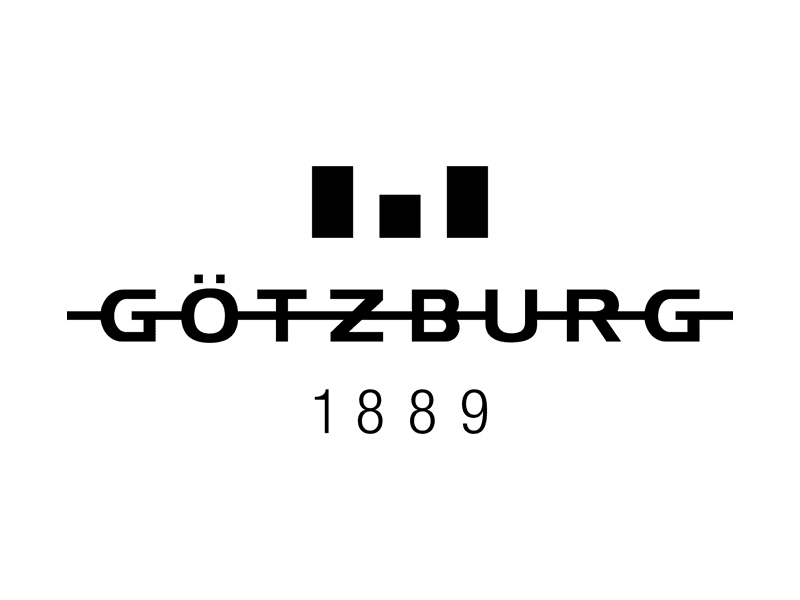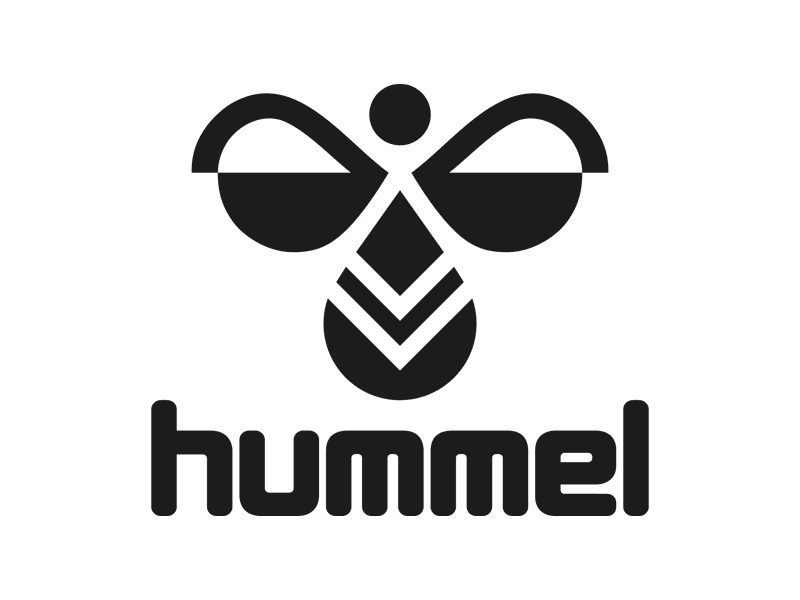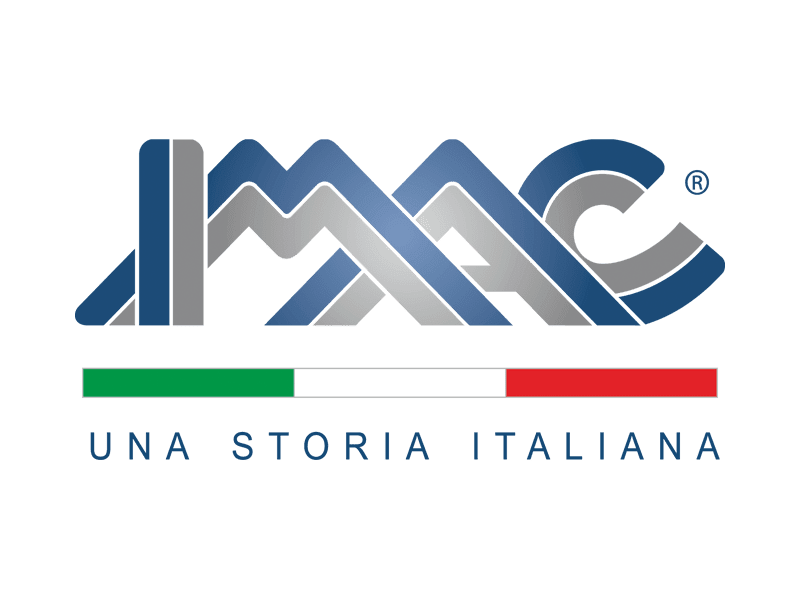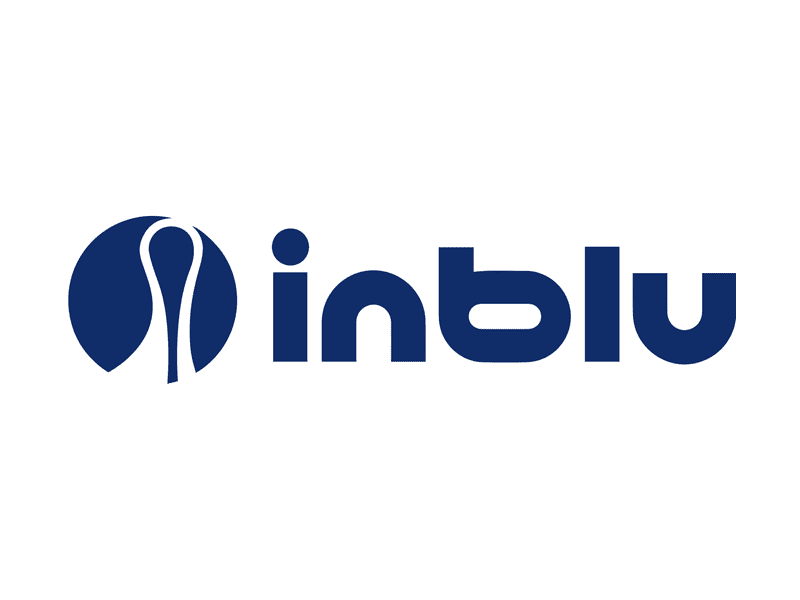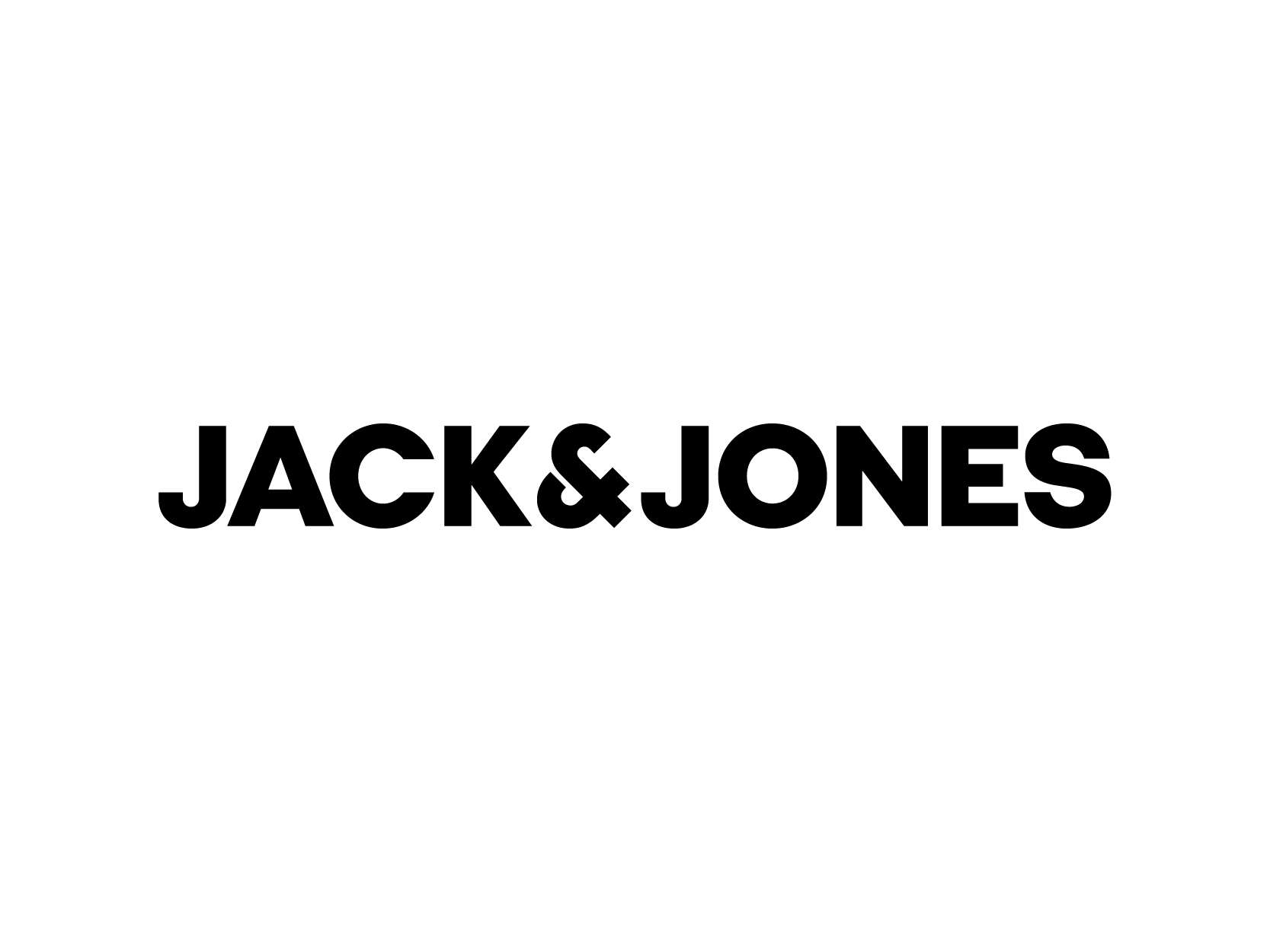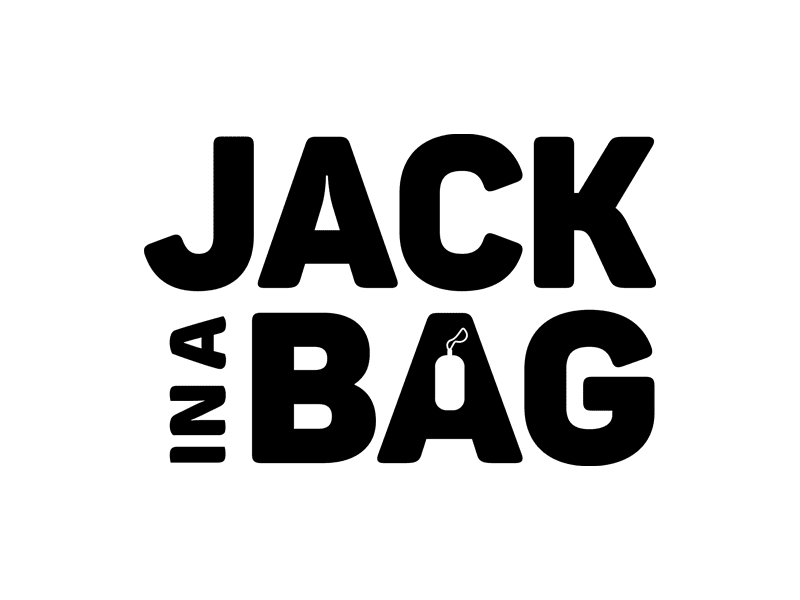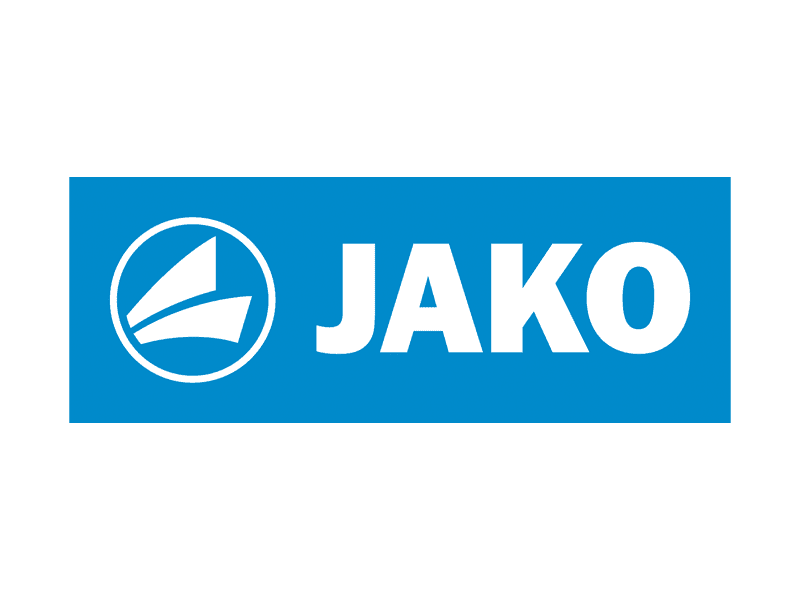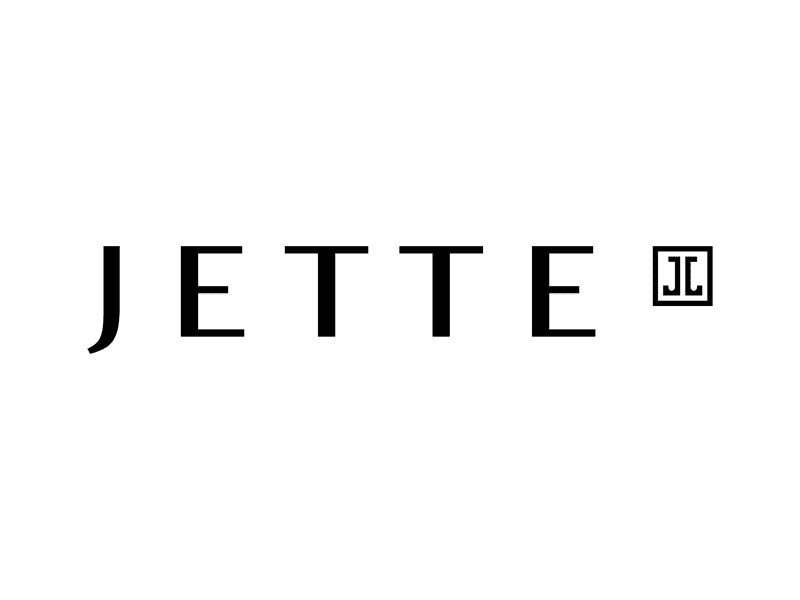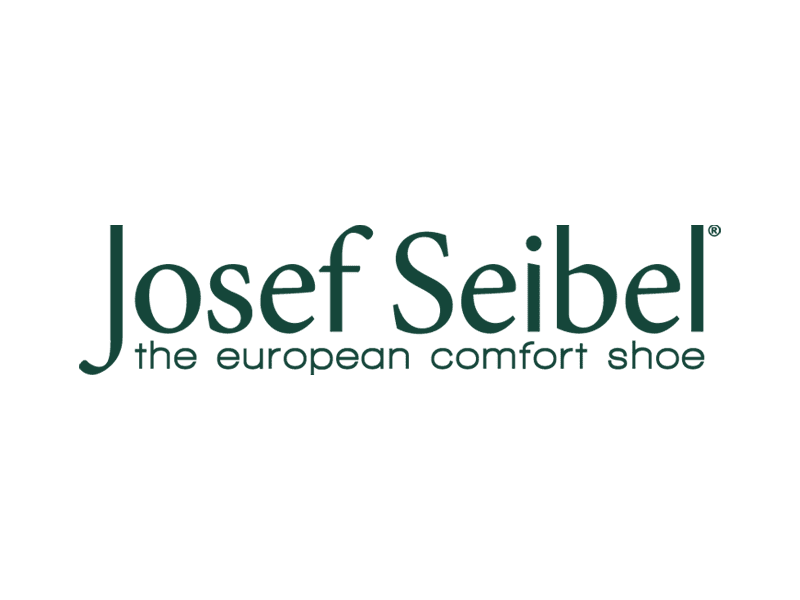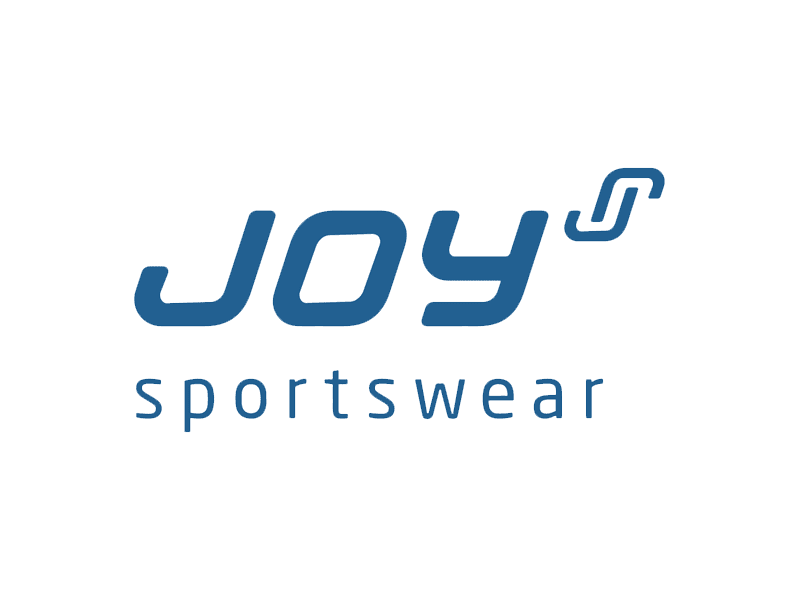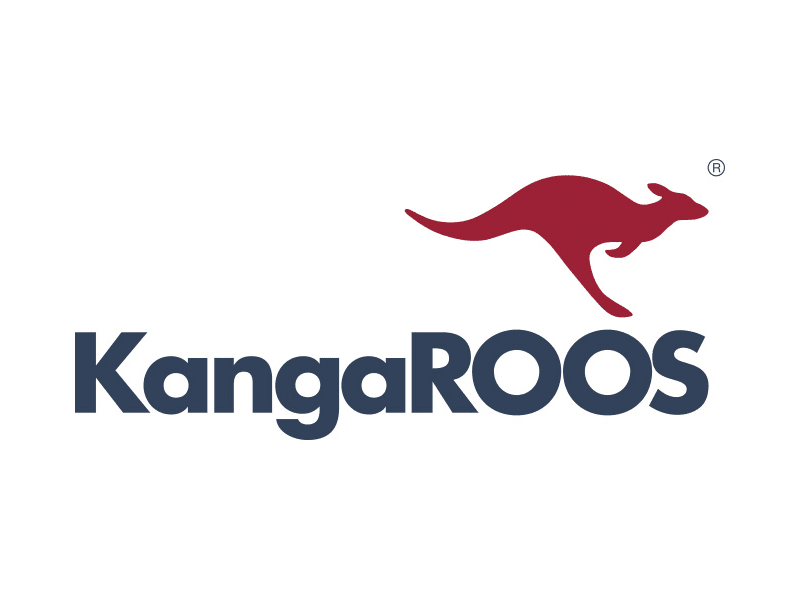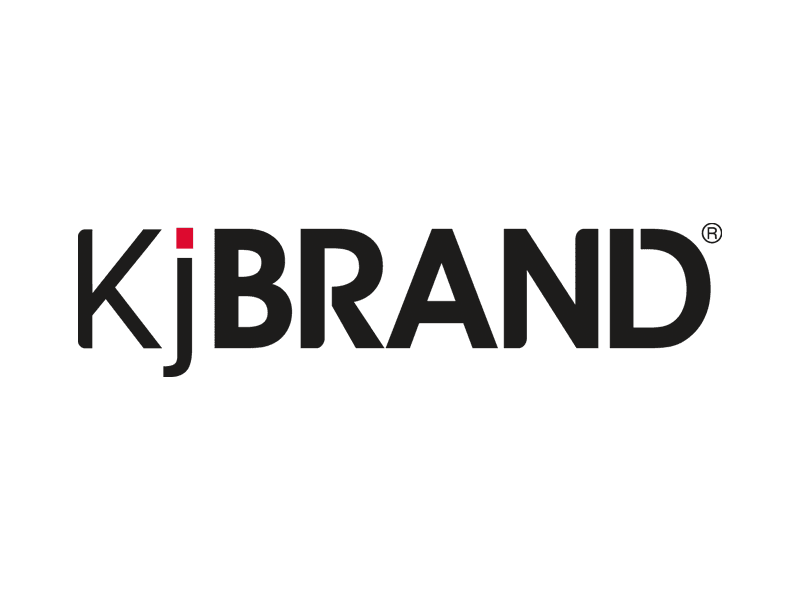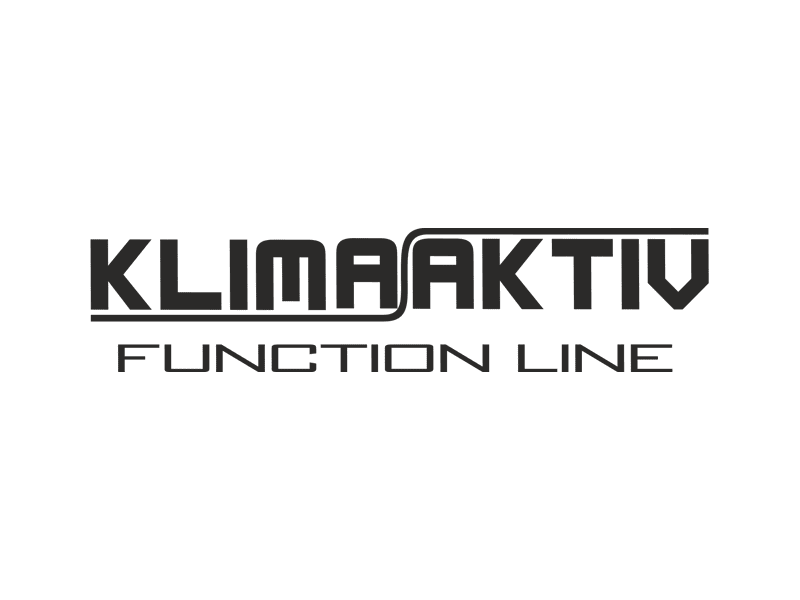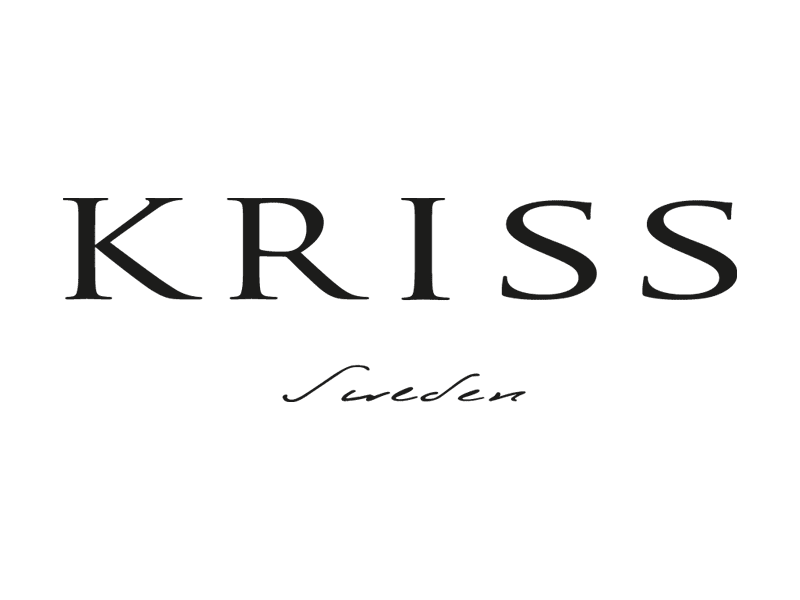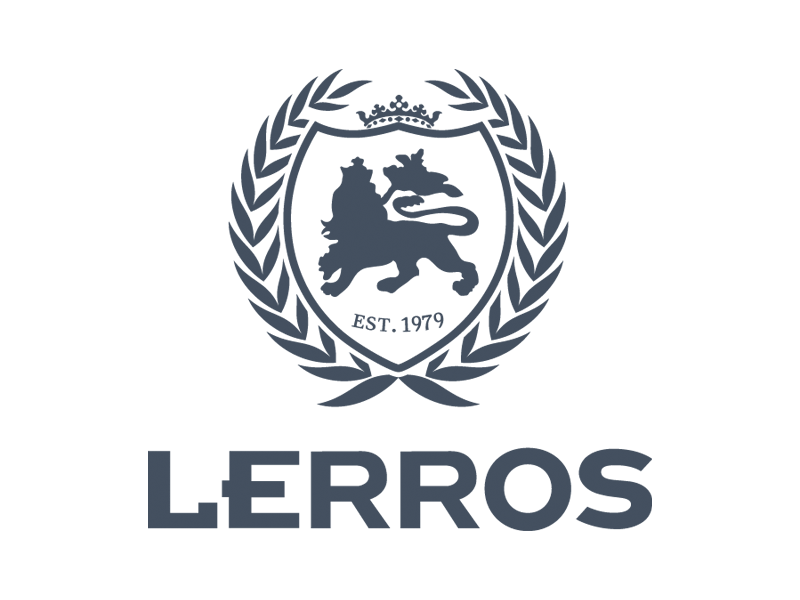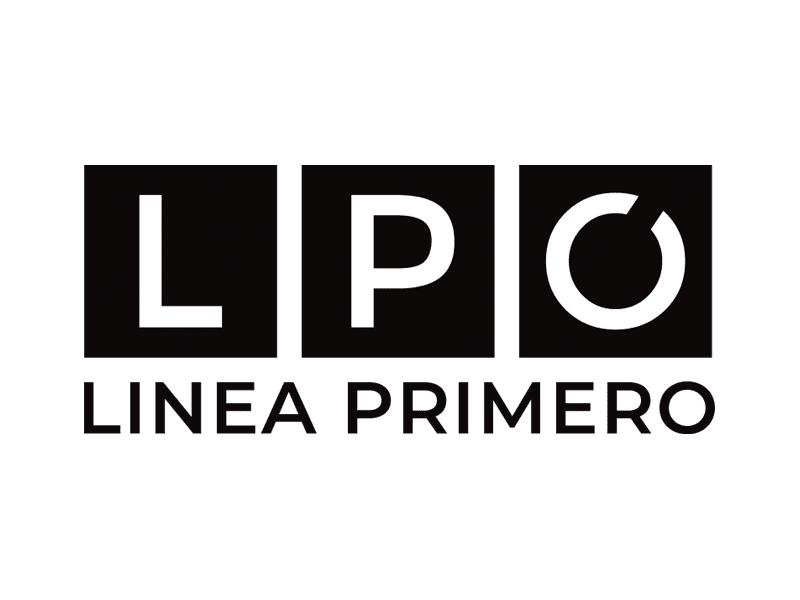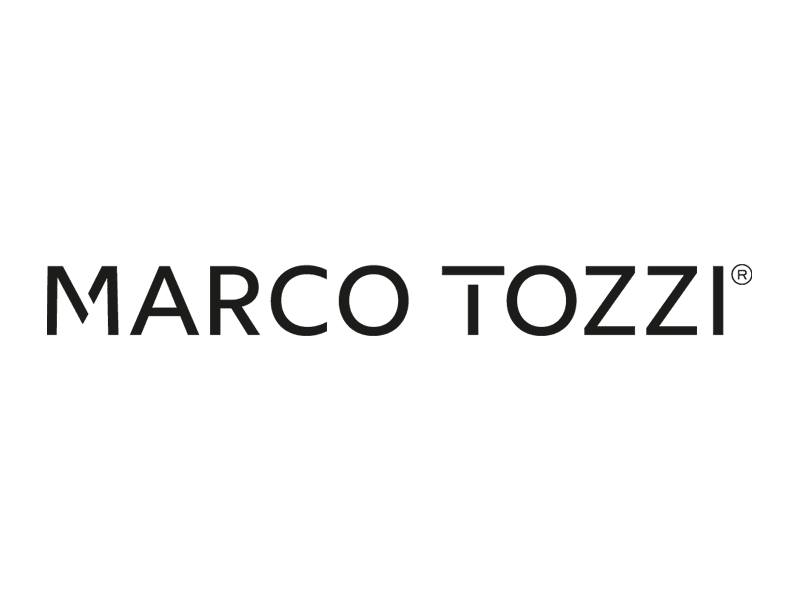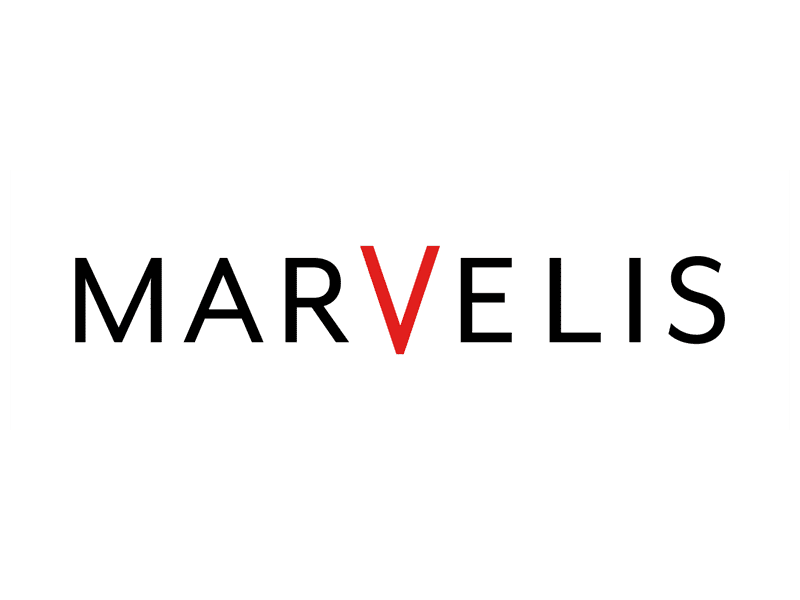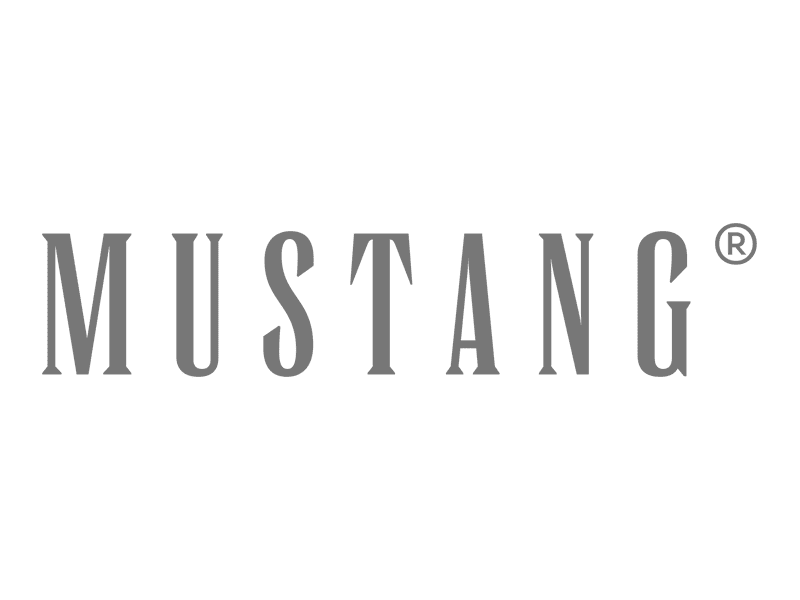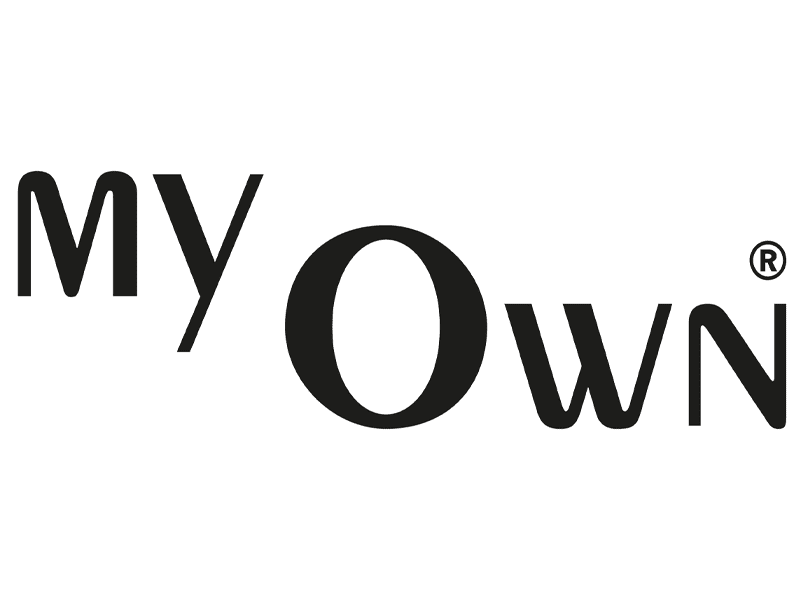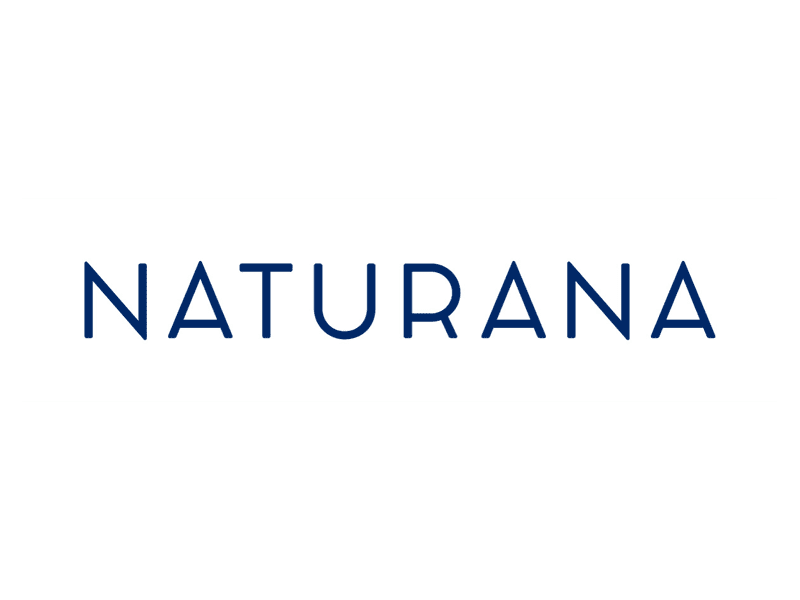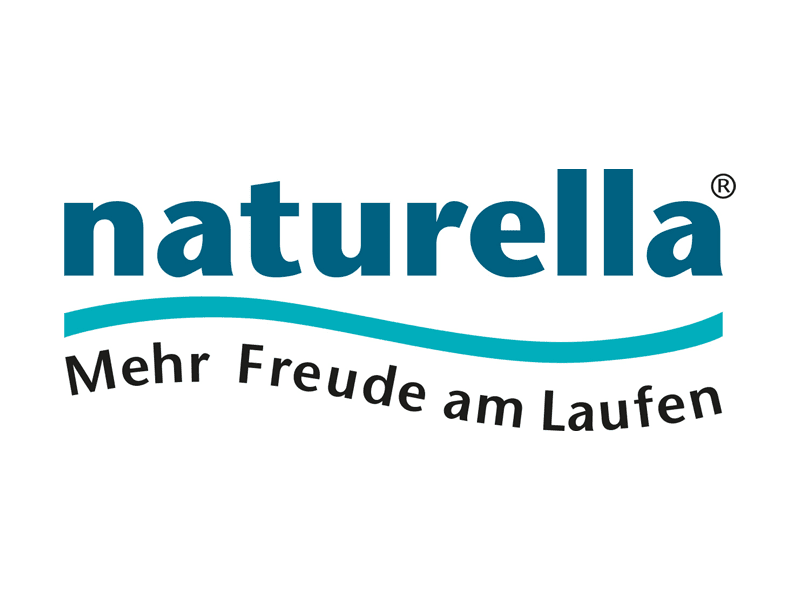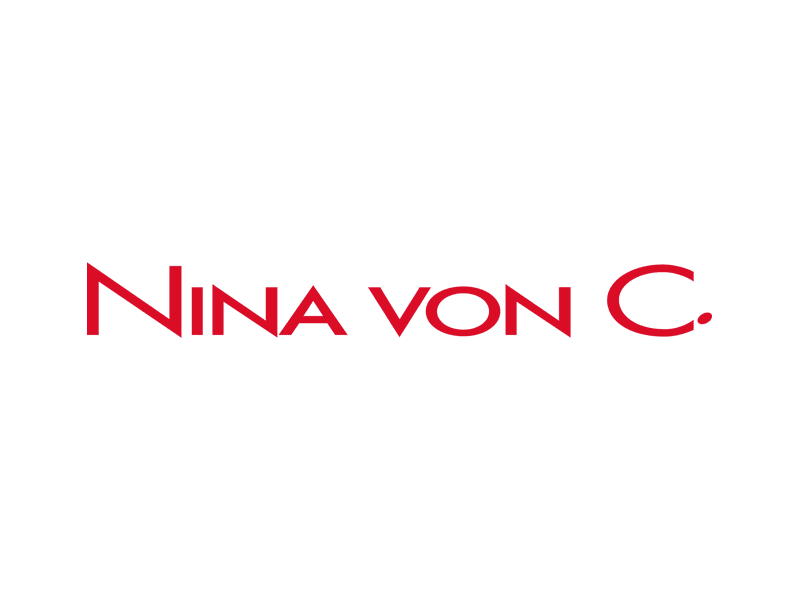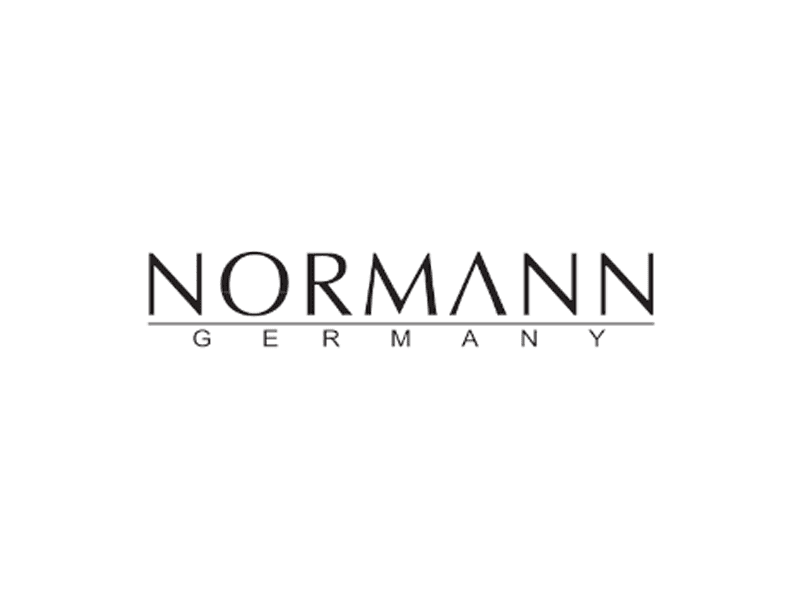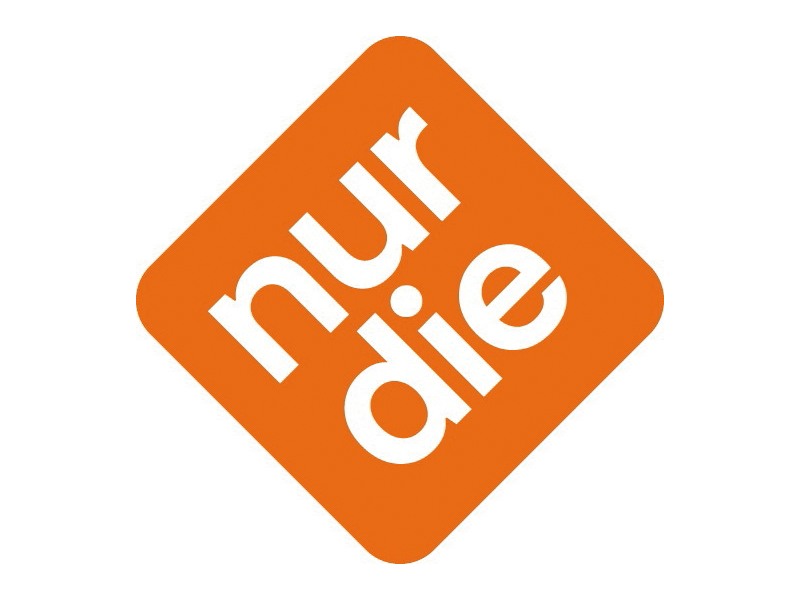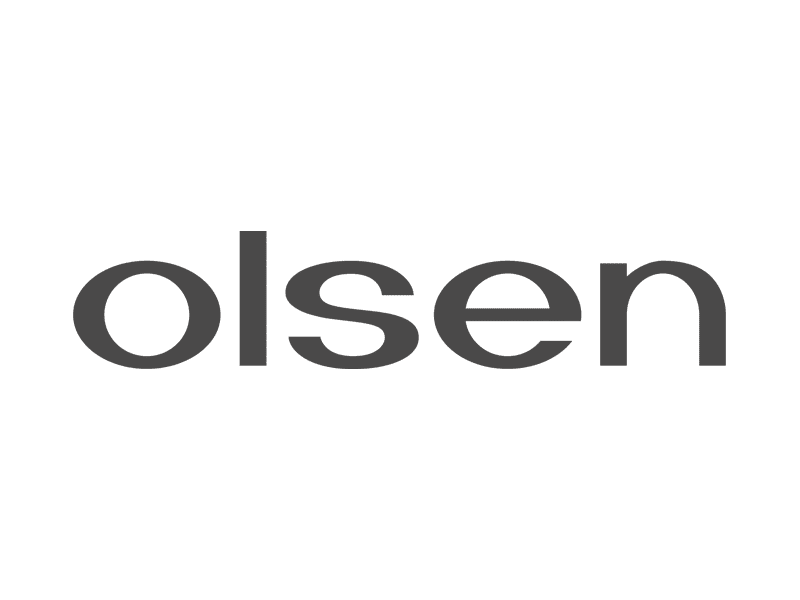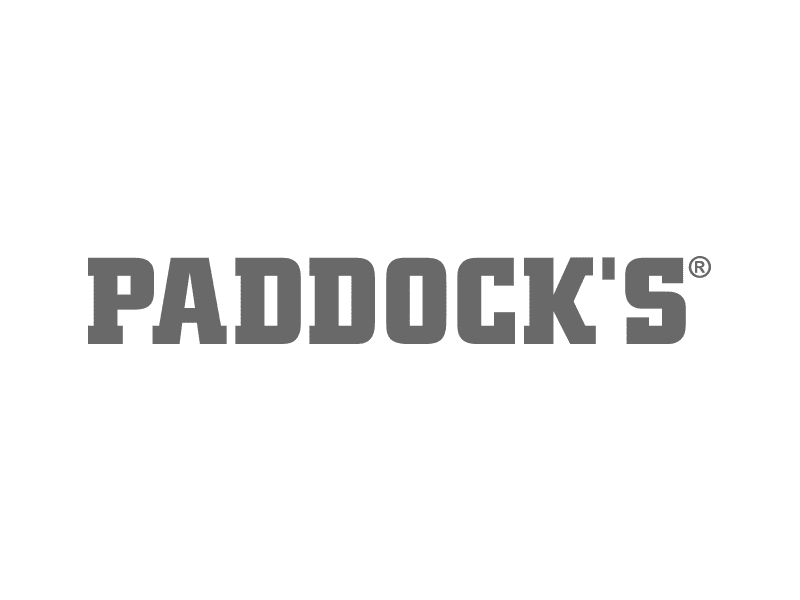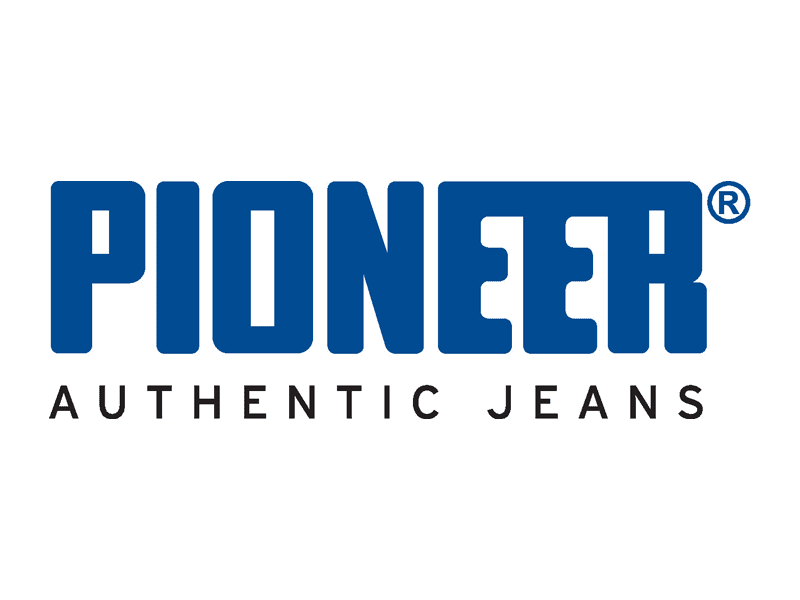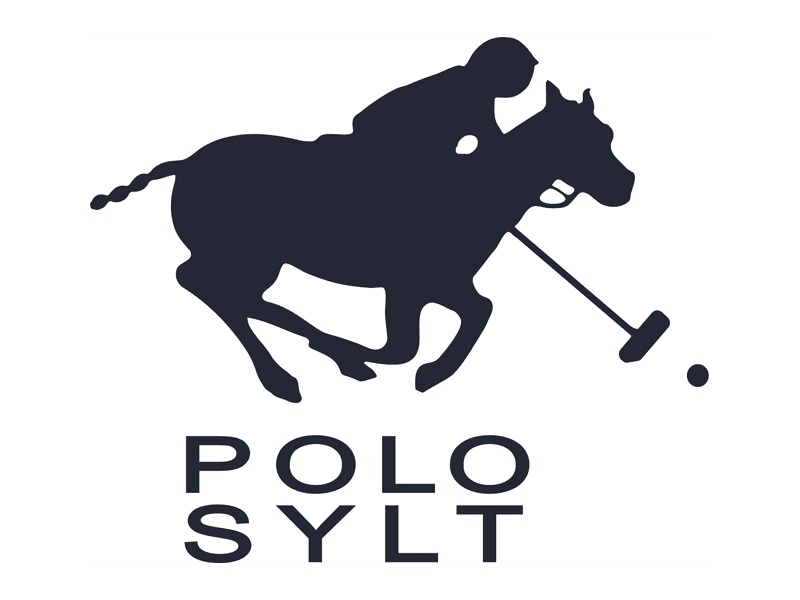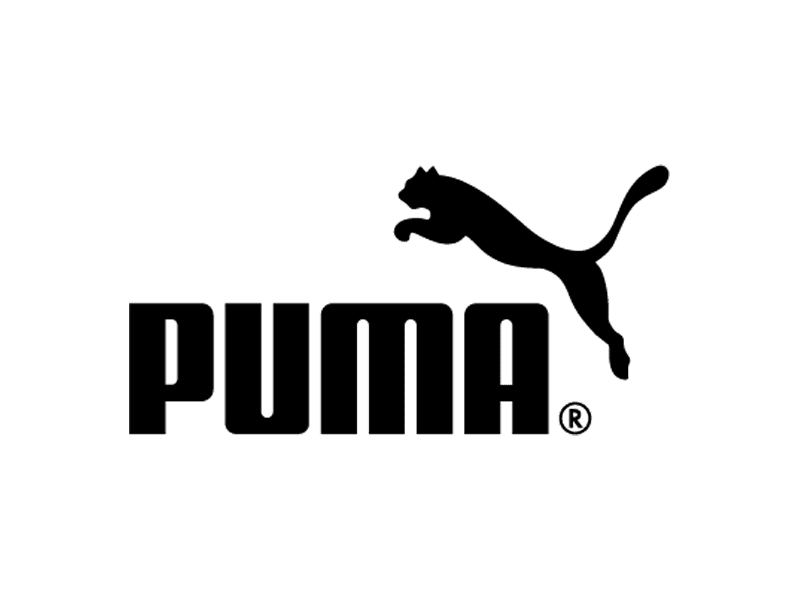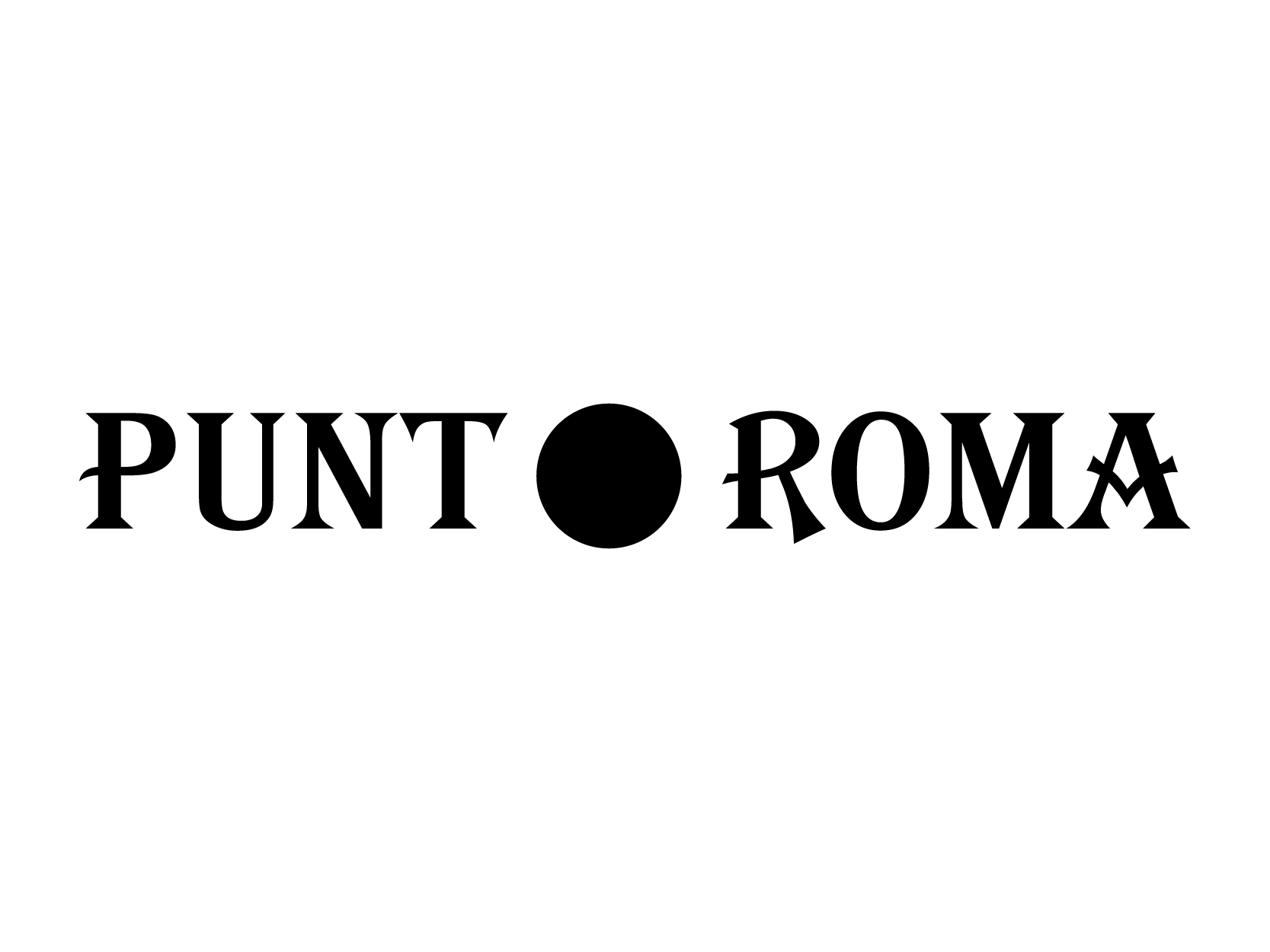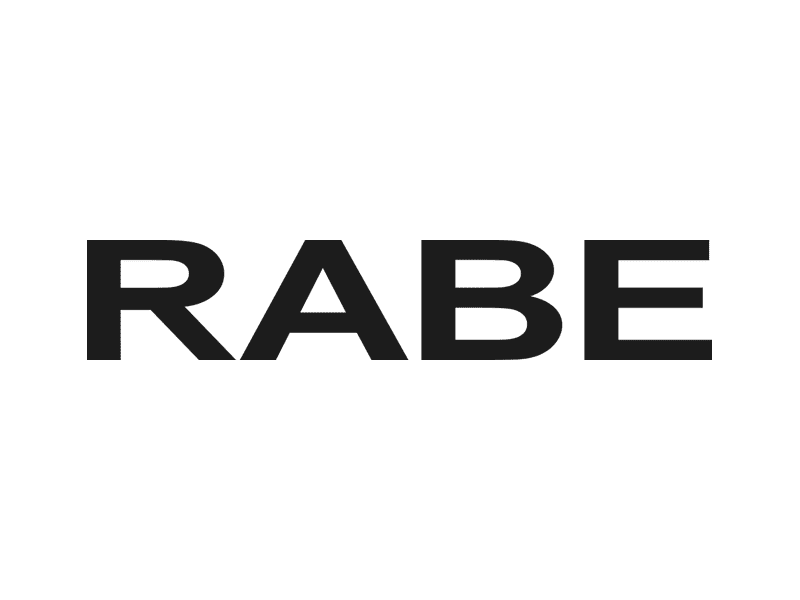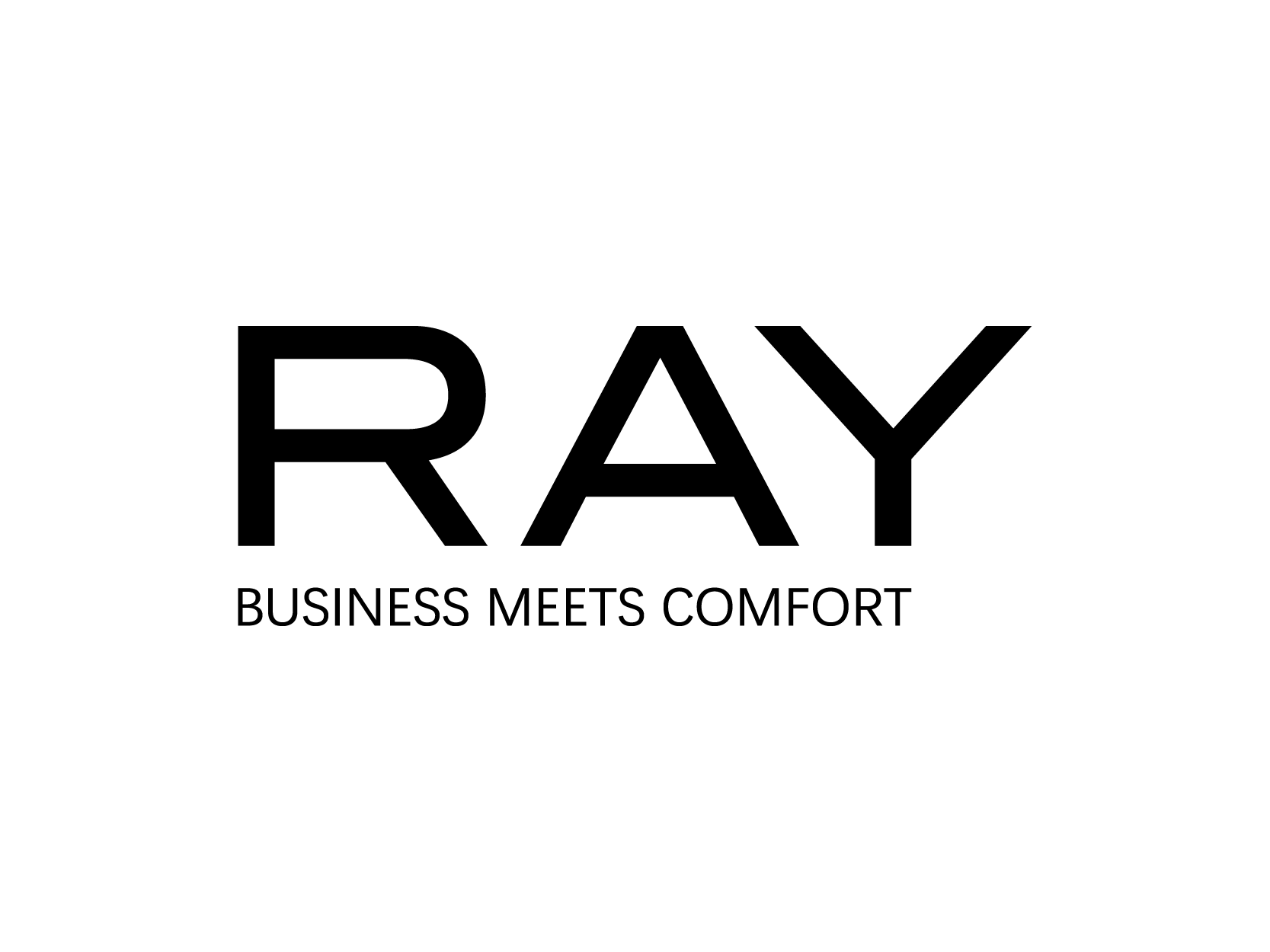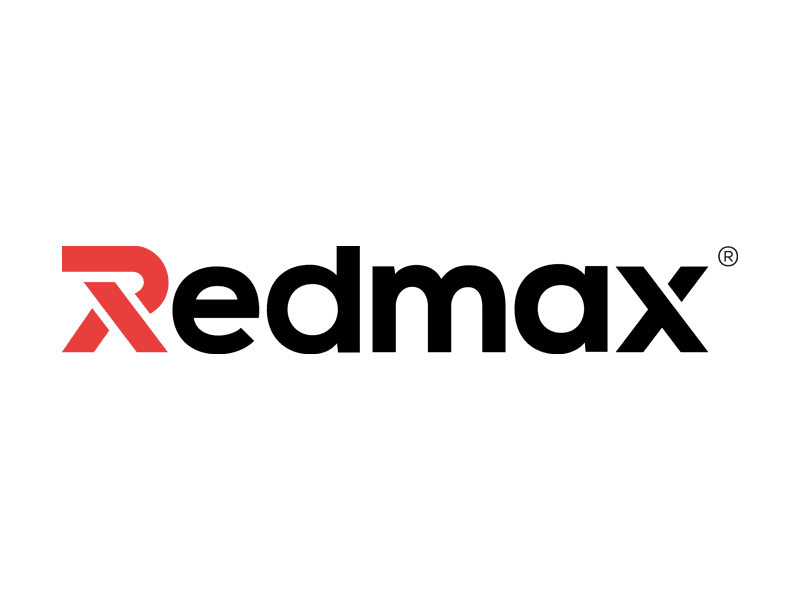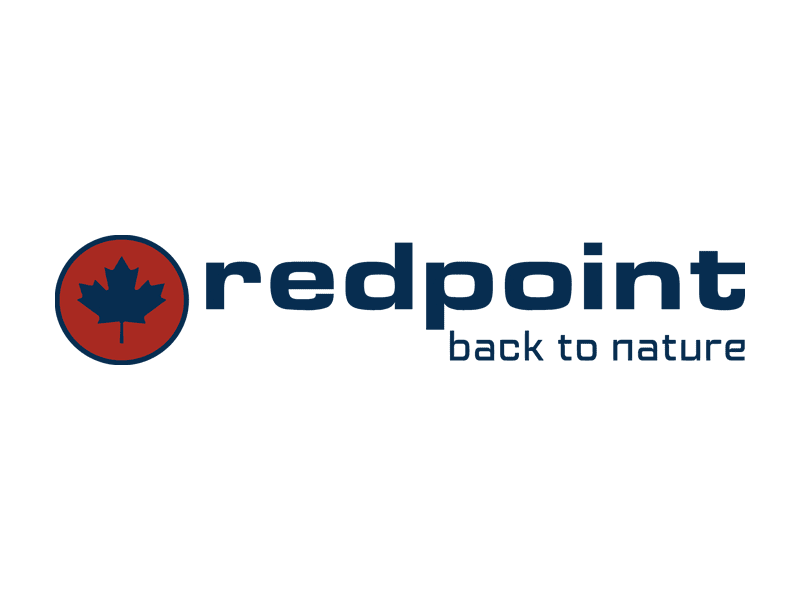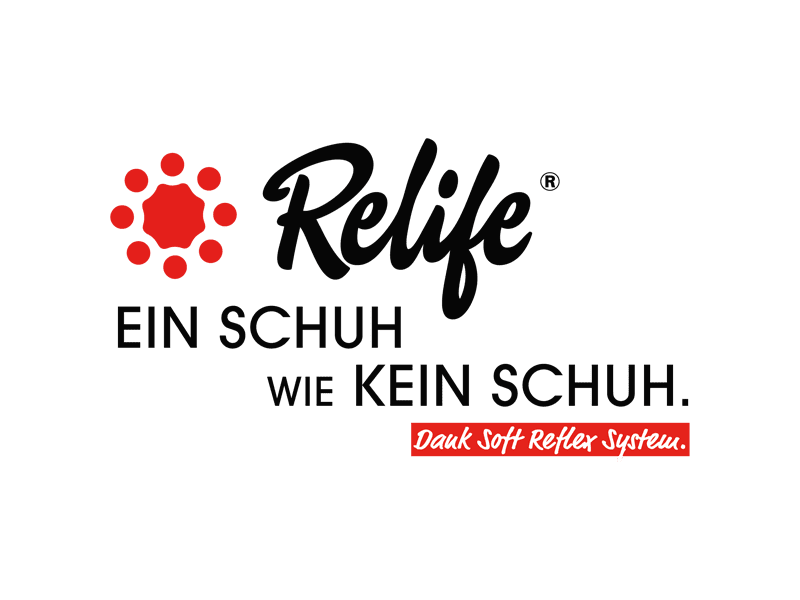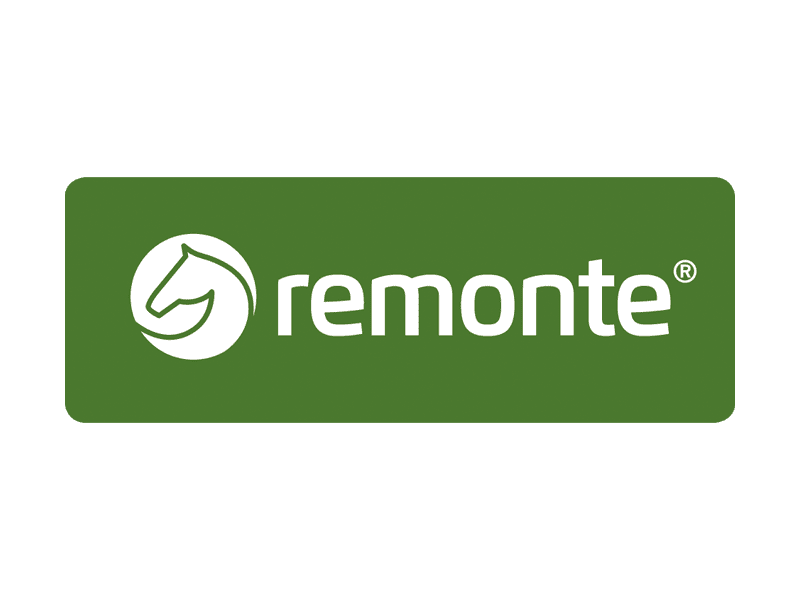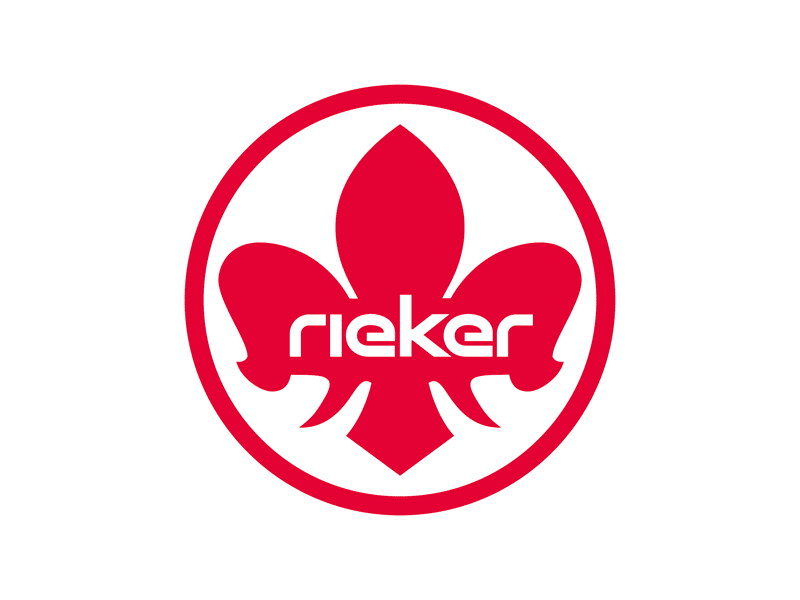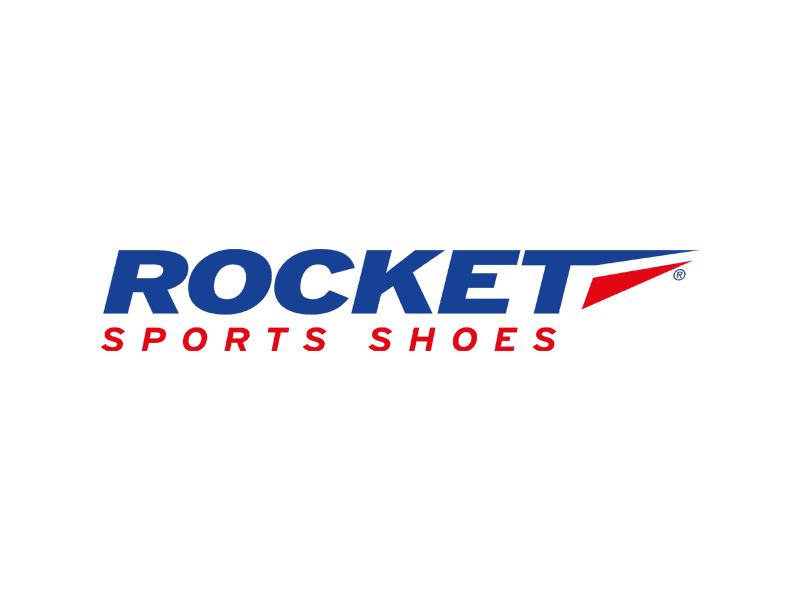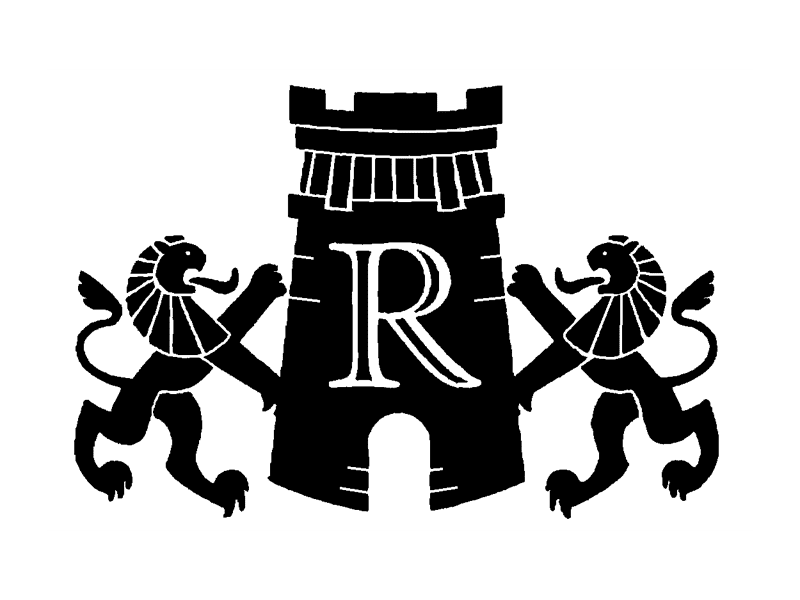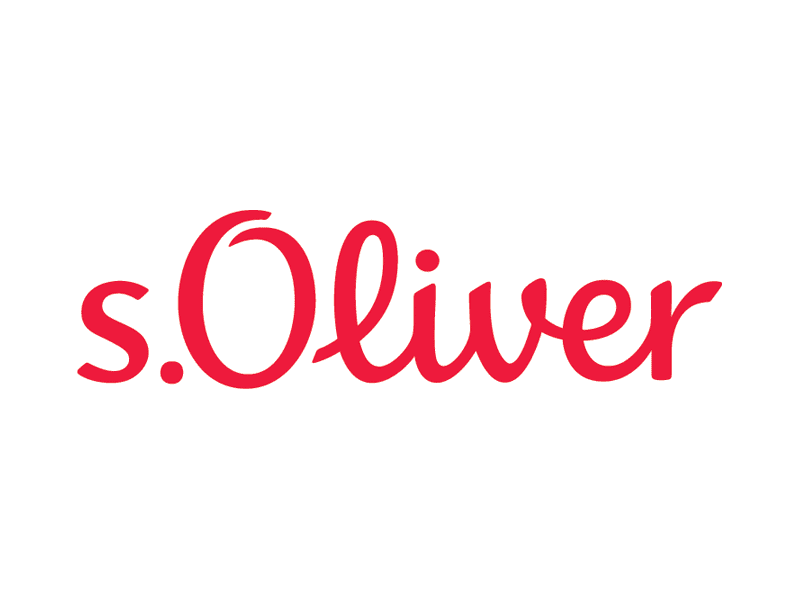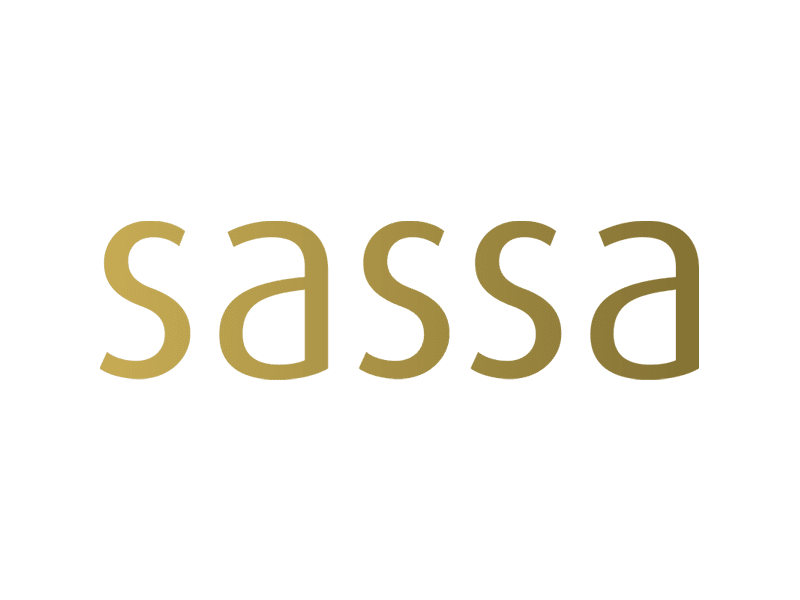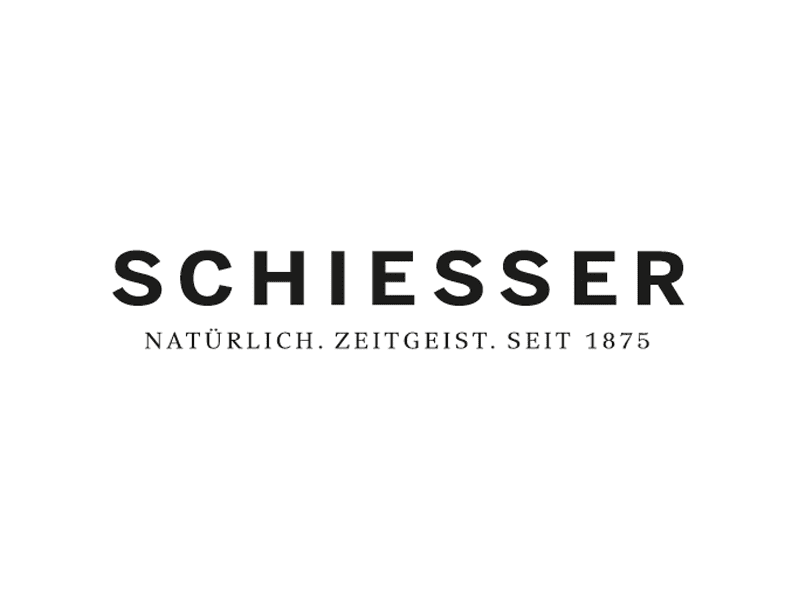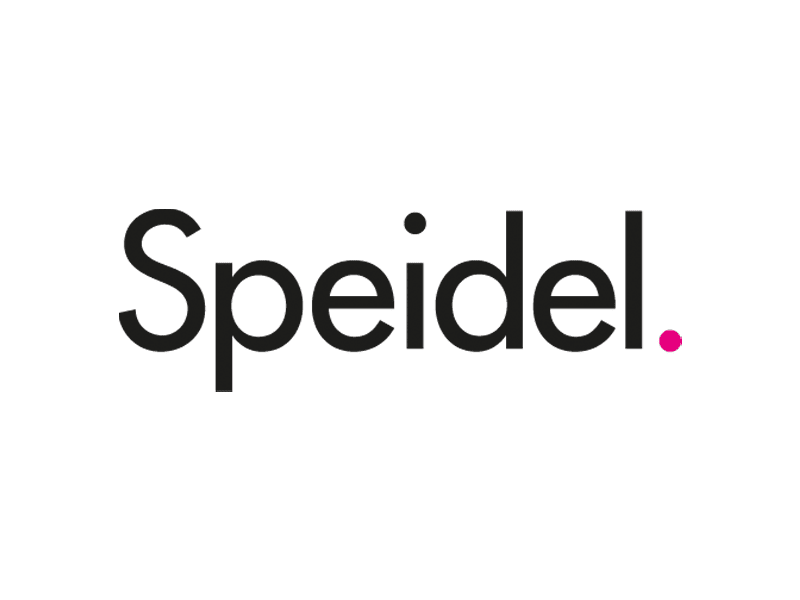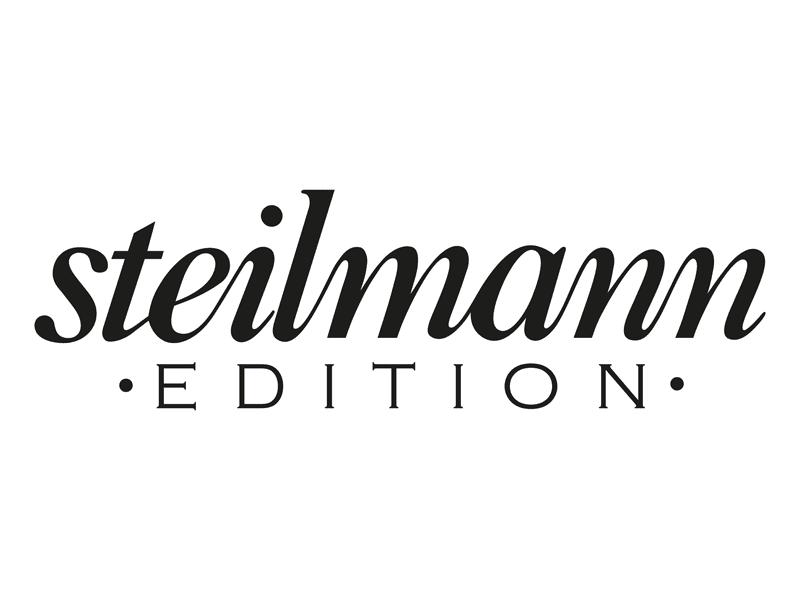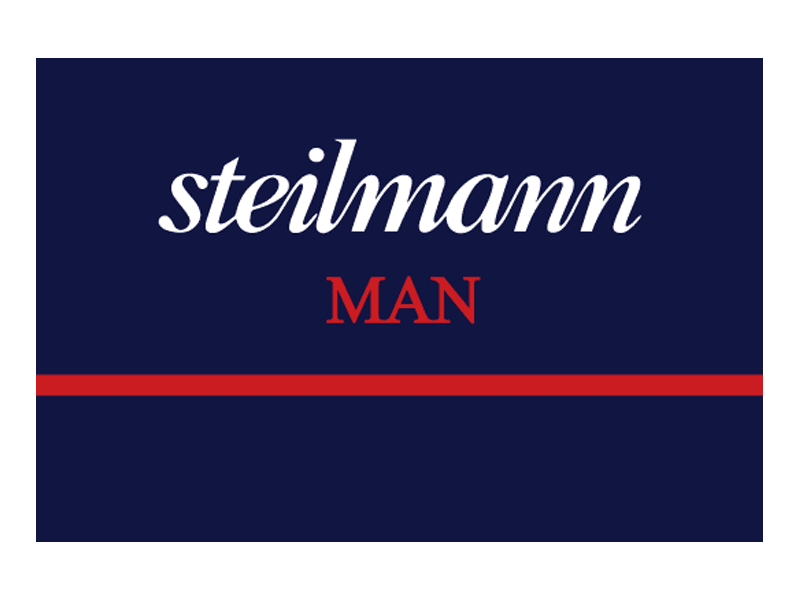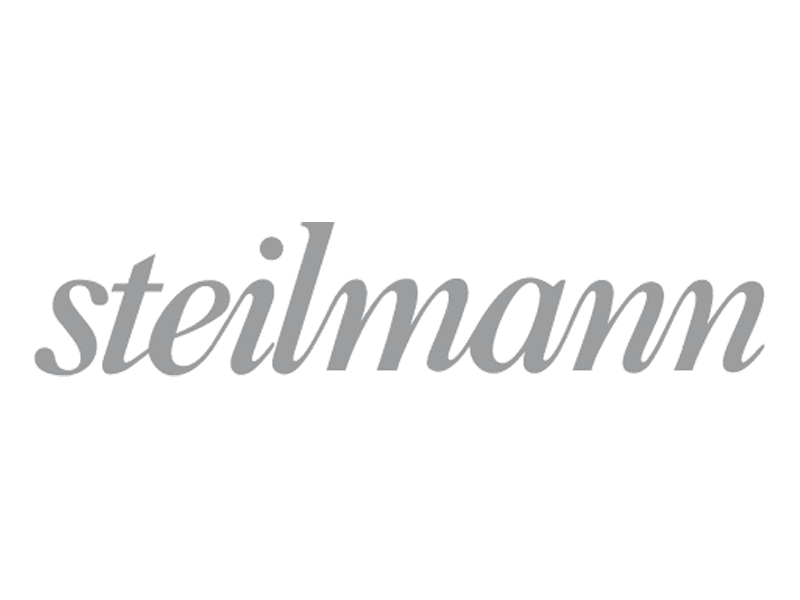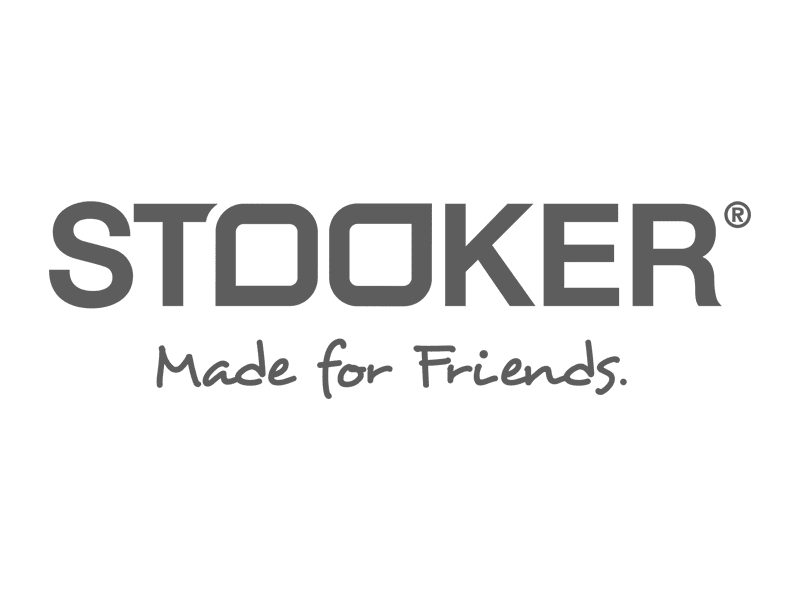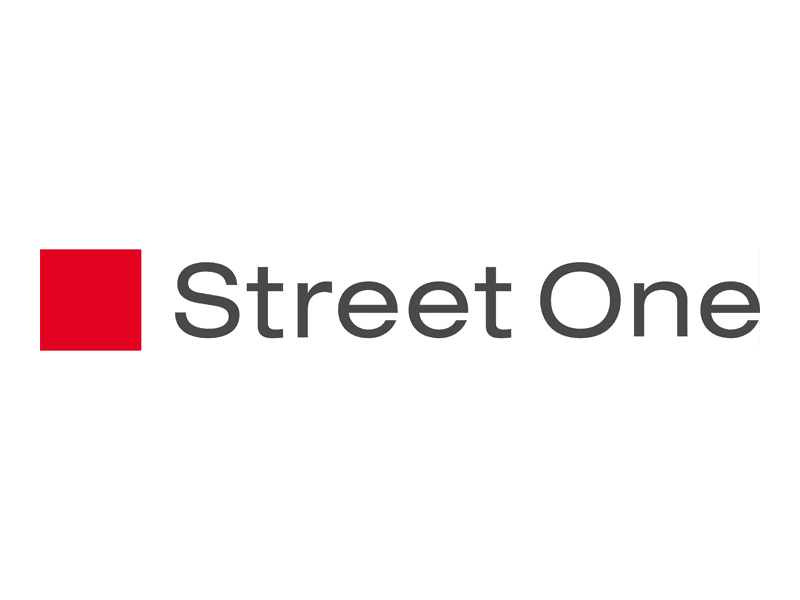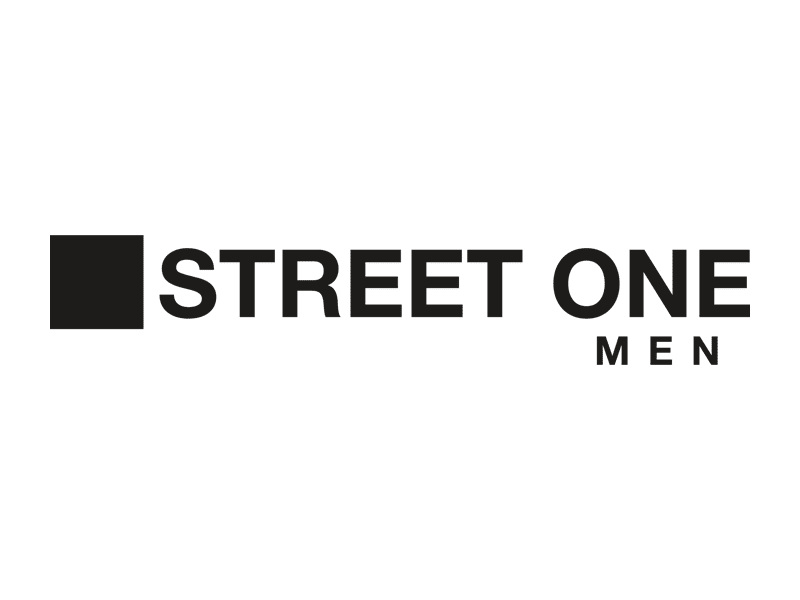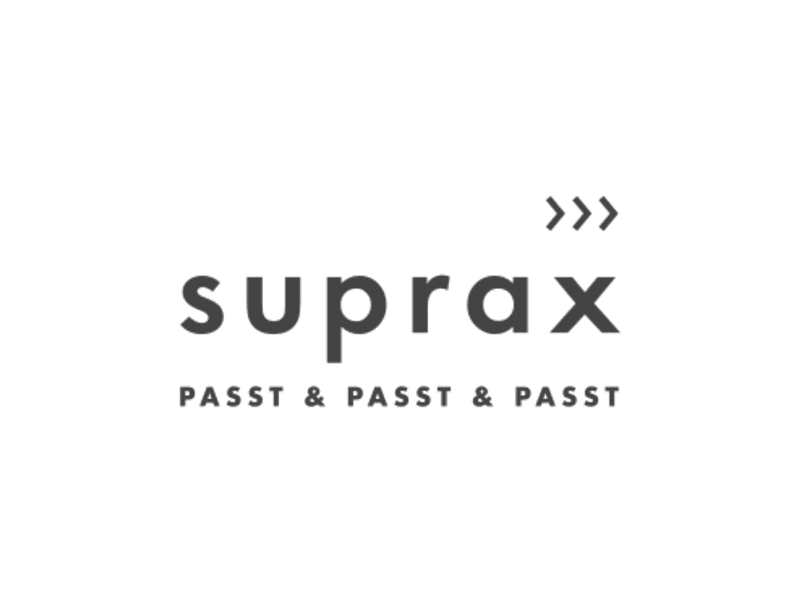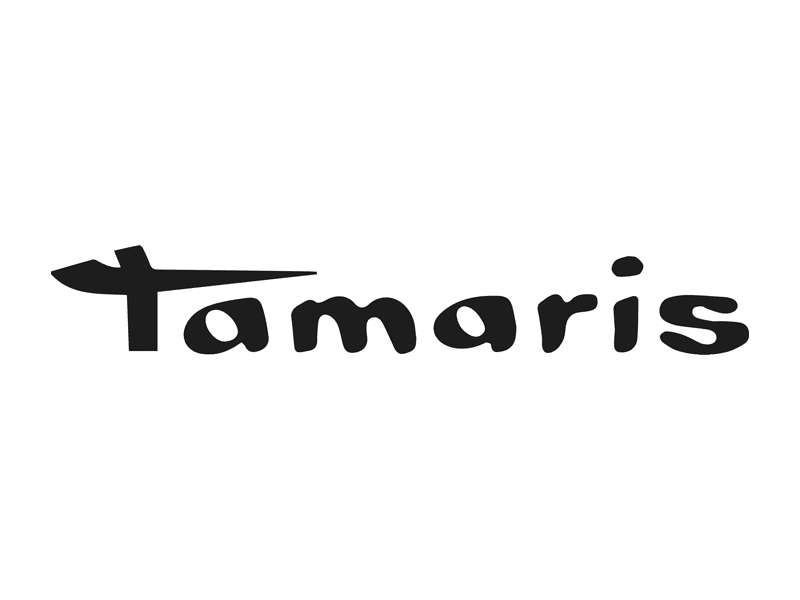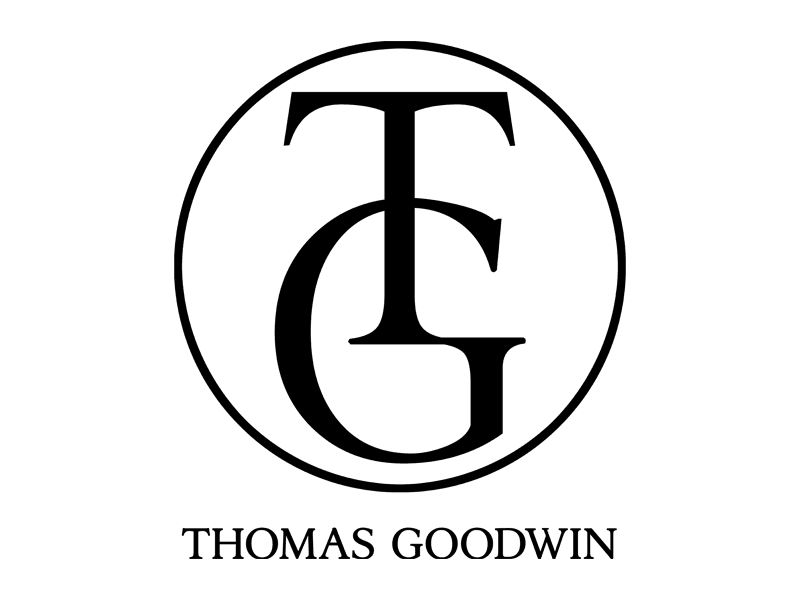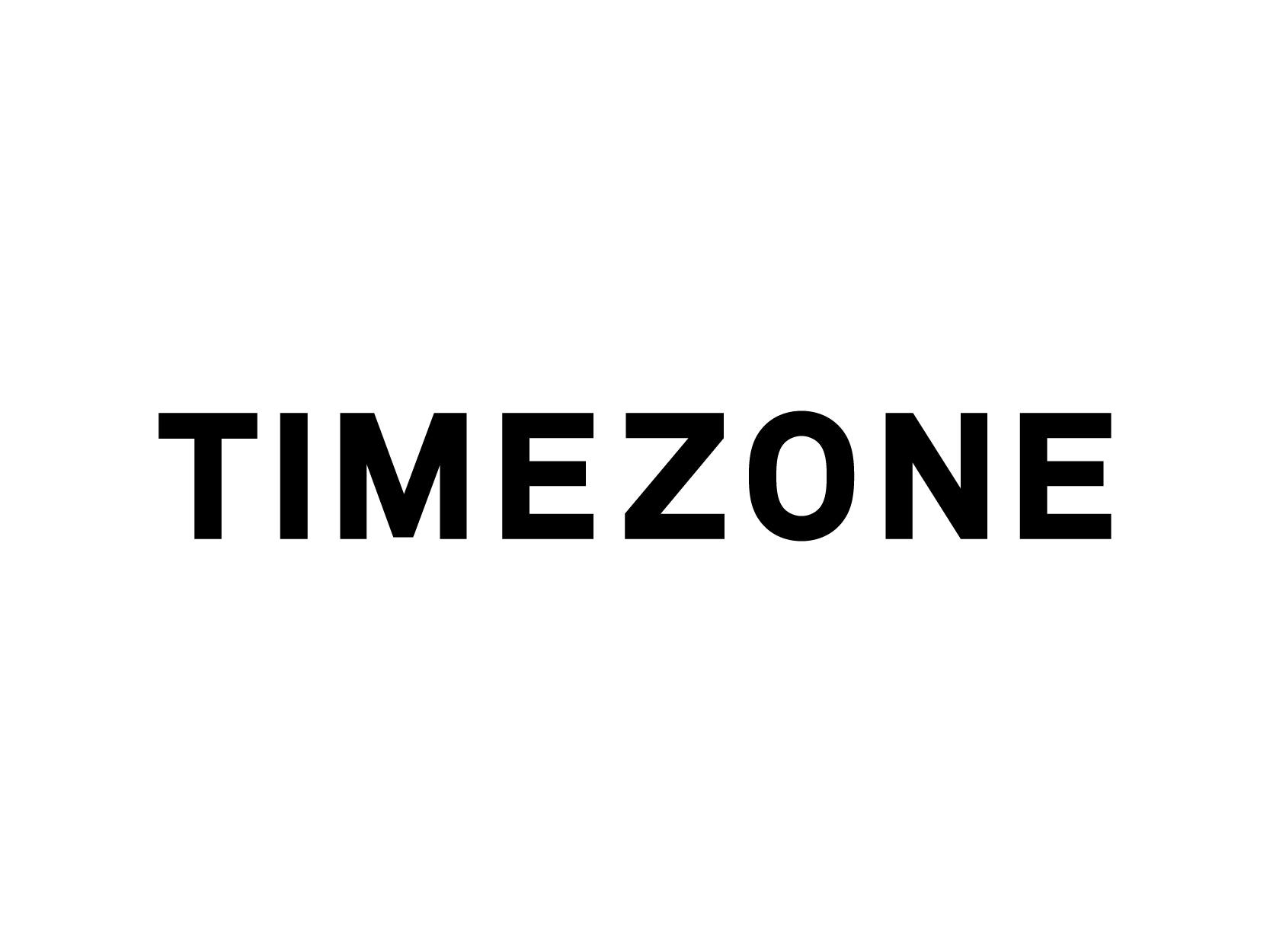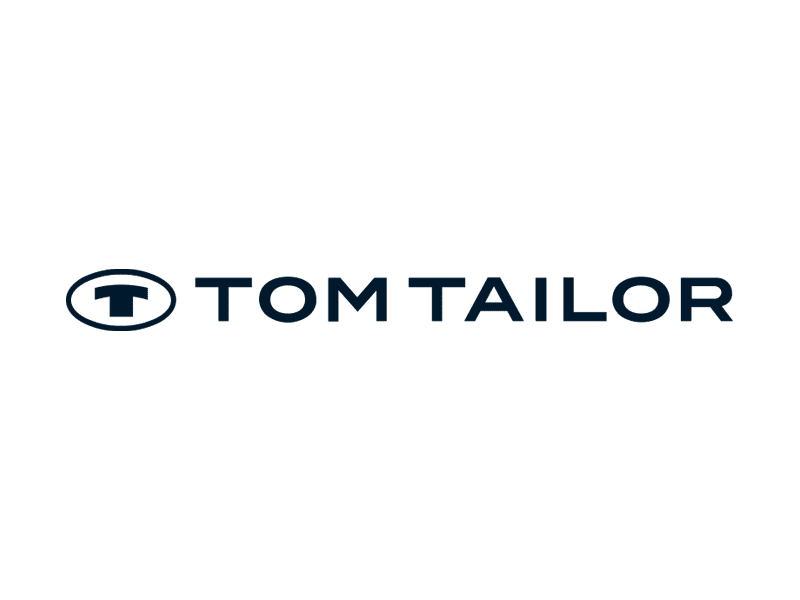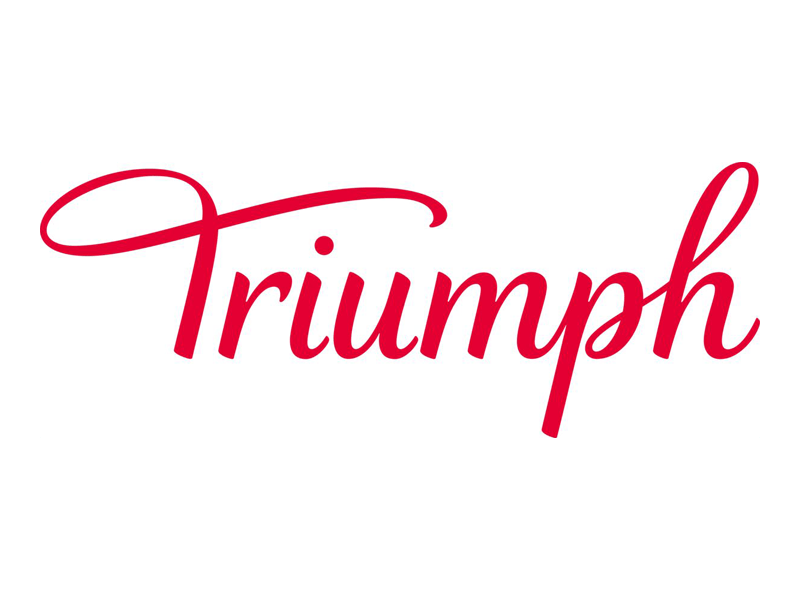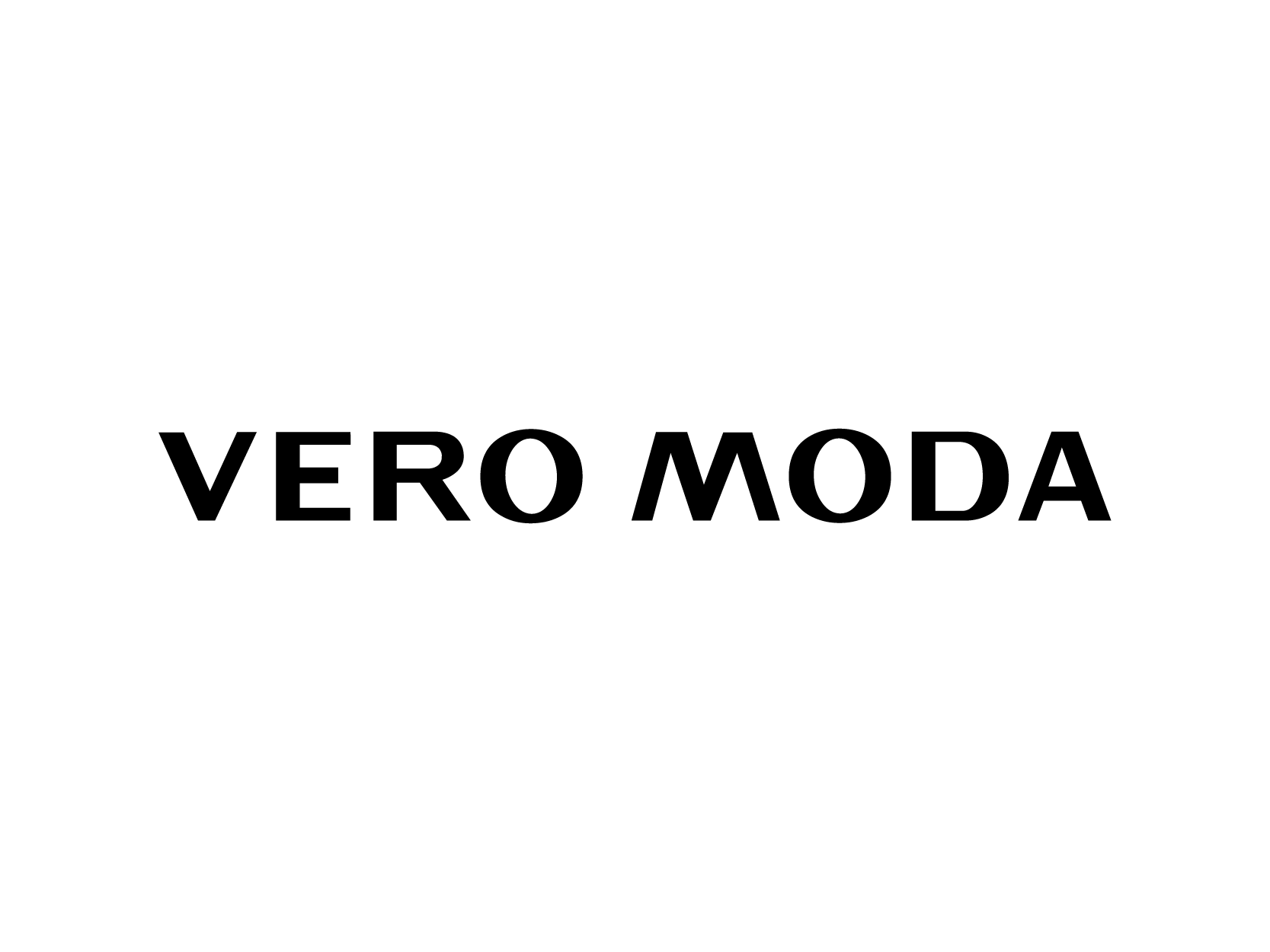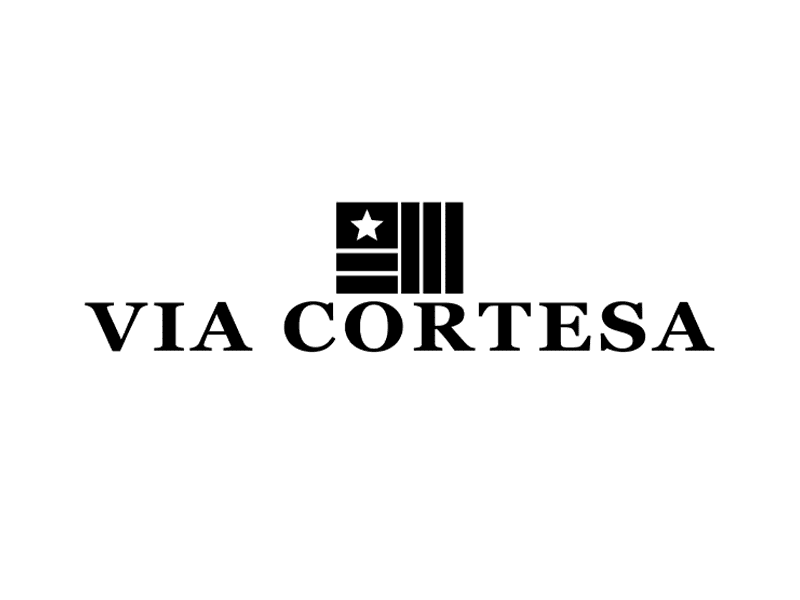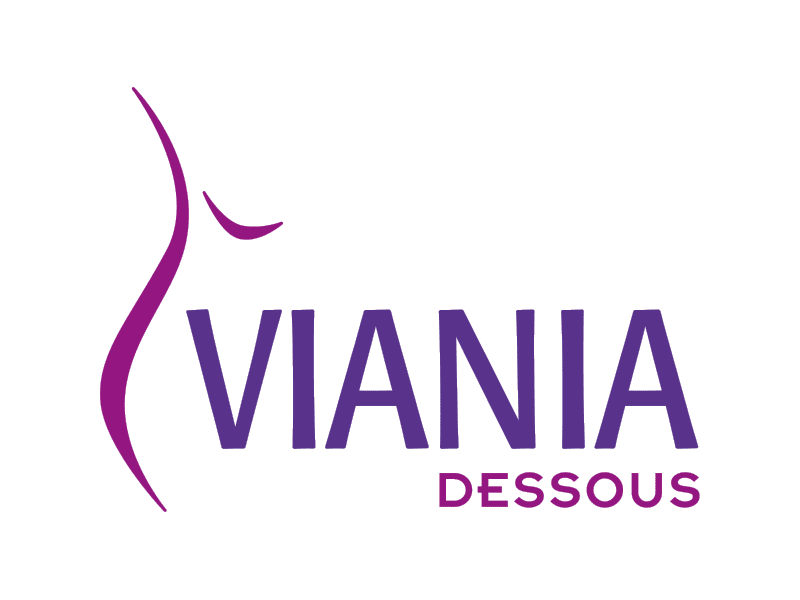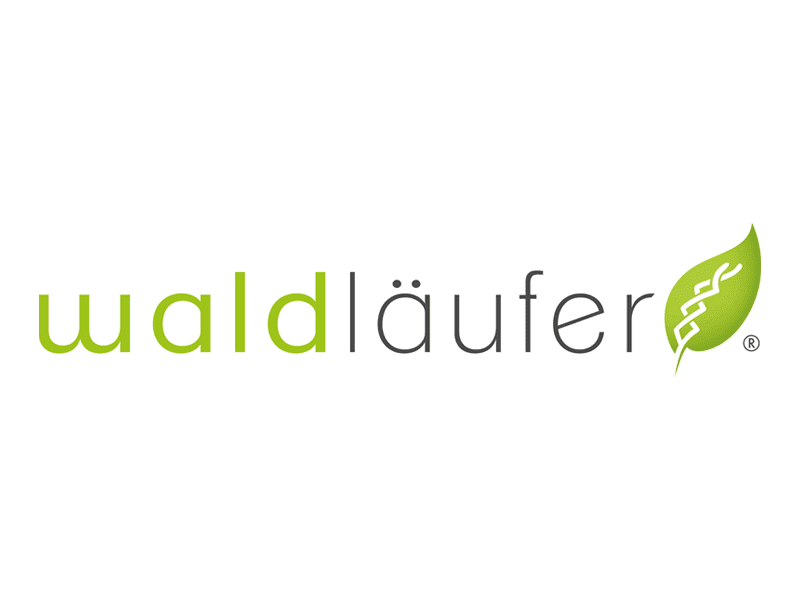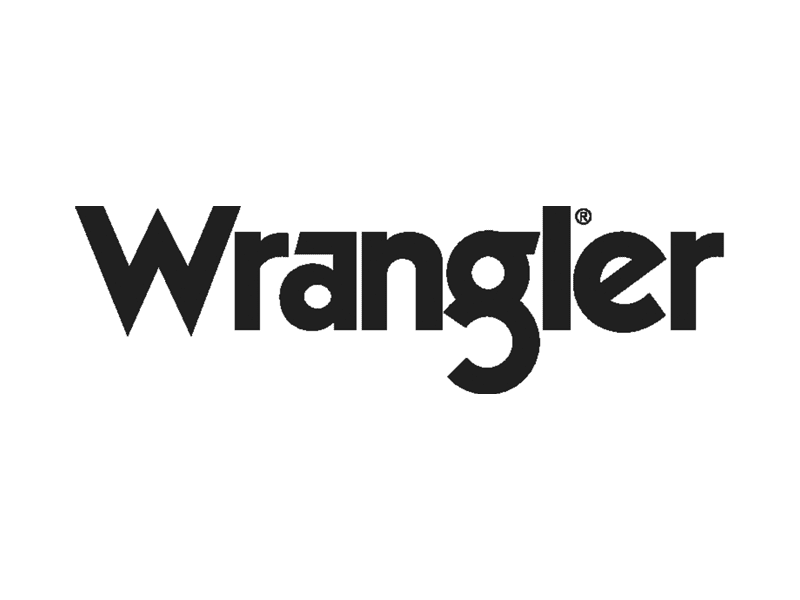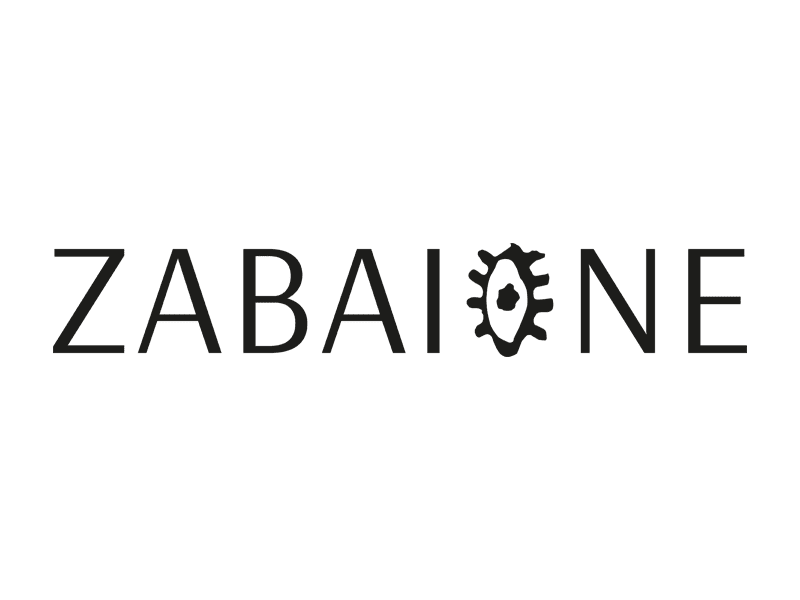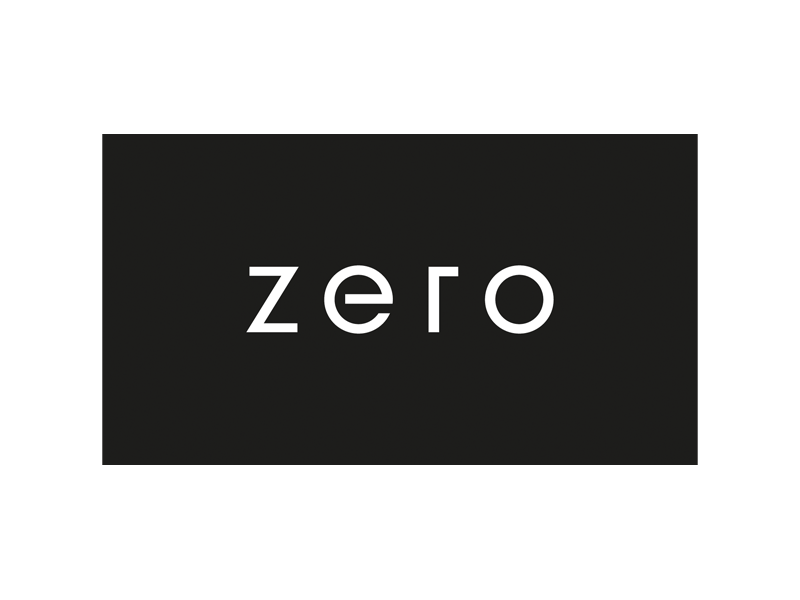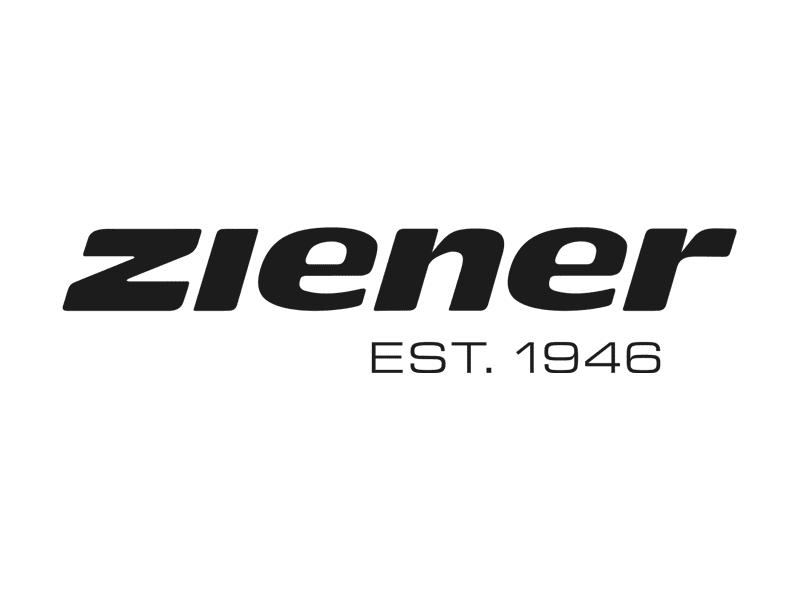Code of Conduct for Suppliers
Contents
1 Introduction
1.1 Incorporation of the Code of Conduct for Suppliers
1.2 Updates to the Code of Conduct for Suppliers
1.3 Supply chain transparency
1.4 The supplier’s general duties to cooperate
1.5 Checks and audits
2 Human rights and fair working conditions
2.1 Freedom of association and collective bargaining
2.2 Anti-discrimination
2.3 No violence or harassment
2.4 No bonded labour, forced labour or human trafficking
2.5 No precarious forms of work
2.6 Child labour ban and special protections for young people
2.7 Fair pay
2.8 Reasonable working hours
2.9 Occupational health and safety
3 Environmental protection
3.1 General
3.2 Compliance with environmental laws
3.3 Environmental management system
3.4 Use of natural resources and air pollution
3.5 Climate action and reduction of greenhouse gas emissions
3.6 Waste, waste water and hazardous substances
3.7 Product transparency and product safety
3.7.1 Product transparency
3.7.2 Product safety
4 Corporate ethics
4.1 Fighting corruption and bribery
4.2 Prevention of money laundering and terrorist financing
4.3 Data protection and data security
4.4 Fair competition and competition law
4.5 Conflicts of interest
4.6 Physical and intellectual property
4.7 Export controls and economic sanctions
4.8 Whistleblowing, reporting obligations and protection from retribution
4.8.1 Supplier’s whistleblowing system
4.8.2 Suppliers‘ reporting obligations
4.8.3 ADLER’s grievance mechanism
5 Legal consequences of breach
1 Introduction
Adler Modemärkte GmbH (hereinafter the „ADLER“) is committed to socially and environmentally responsible corporate governance and comply with all relevant laws, rules and regulations.
This Code of Conduct for Suppliers applies to all suppliers of ADLER and describes the minimum standards expected by ADLER of its suppliers. ADLER also encourages its suppliers to do more and to exceed the minimum standard wherever possible.
For the purposes of this Code of Conduct for Suppliers, the term „supplier“ or „suppliers“ includes all suppliers of goods for resale and goods not for resale and providers of services for ADLER. It includes suppliers, their subcontractors and upstream suppliers involved in the production of materials, operating resources and raw materials along the supply chain.
This Code of Conduct for Suppliers is based on the most broadly accepted international standards for human rights and working conditions, including:
− the United Nations Universal Declaration of Human Rights;
− the conventions of the International Labour Organization (ILO);
− the UN Guiding Principles on Business and Human Rights;
− the OECD Guidelines for Multinational Enterprises;
− the Federal Republic of Germany’s National Action Plan for Business and Human Rights (Nationale Aktionsplan Wirtschaft und Menschenrechte, „NAP“);
− the German Supply Chain Due Diligence Act (Lieferkettensorgfaltspflichtengesetz, „LkSG“).
Suppliers undertake to abide by the principles and requirements laid down in the Code of Conduct and to ensure that their employees, subcontractors and upstream suppliers comply with the rules set forth in this document, particularly the additional requirements listed in the Annex to this Code of Conduct.
1.1 Incorporation of the Code of Conduct for Suppliers
This Code of Conduct for Suppliers is considered an integral part of all supply arrangements and contracts with business partners of ADLER. By agreeing to be a business partner, suppliers undertake to comply with all of the provisions of this Code of Conduct for Suppliers and to inform their subcontractors and upstream suppliers of the terms of this Code of Conduct for Suppliers or of rules of conduct that are at least as stringent, and to make all the necessary arrangements to implement these requirements.
The Code of Conduct for Suppliers is available on ADLER’s website.
1.2 Updates to the Code of Conduct for Suppliers
ADLER reserves the right to update the Code of Conduct for Suppliers to ensure that it always reflects current legal requirements and the highest ethical standards.
1.3 Supply chain transparency
The contractual relationships between suppliers and ADLER incorporate clear provisions to ensure supply chain transparency:
Suppliers provide a contractual undertaking to disclose, on request, the production plants and other facilities that ultimately manufacture the goods for ADLER.
Another contractual term relates to the cascade effect within the value chain. Suppliers agree to abide by the supply chain transparency requirements, including with respect to upstream supply chain entities and local workers along the value chain. The overarching goal is to ensure gradual improvement deeper into the supply chain as regards responsible and sustainable business practices.
Finally, ADLER reserves the right to publish the details of suppliers, production plants and subcontractors on its website to ensure transparency. It is the supplier’s responsibility to obtain permission to publish from its subcontractors before the publication of their details. Financial figures will not be disclosed.
1.4 The supplier’s general duties to cooperate
Compliance with the Code of Conduct for Suppliers is regarded as an essential part of the business relationship. ADLER expects active cooperation from its suppliers to ensure that the standards laid down in this Code of Conduct for Suppliers are met. This includes implementing mechanisms to identify, determine and manage risks in all of the areas addressed in this Code of Conduct for Suppliers having regard to all legal requirements. Suppliers are expected to develop proper documentation to show that they share the principles and values expressed in this Code of Conduct for Suppliers. Suppliers will establish training courses for their managers and workers to ensure they have a good degree of knowledge and understanding of the provisions of this Code of Conduct for Suppliers, the applicable law and generally accepted standards. Suppliers are also expected to establish a process for continual improvement.
1.5 Checks and audits
A supplier’s compliance with this Code of Conduct may be checked by means of an audit carried out by ADLER itself or by a third party authorised by ADLER. ADLER will consult with the supplier regarding the scope, timing and location of audits.
2 Human rights and fair working conditions
2.1 Freedom of association and collective bargaining
Suppliers may not prevent employees from joining trade unions of their own free will and in accordance with lawful employment contracts. In cases where such freedoms are restricted by law, suppliers are expected to facilitate alternative forms of cooperation and negotiation. Employee representatives must be protected from discrimination. Employees must not be discriminated against for forming, joining or being a member of any such organisation. Their employee representatives must be granted unrestricted access to the workplaces of their colleagues to ensure that employees are able to exercise their rights peacefully and in accordance with the law.
2.2 Anti-discrimination
Suppliers must strive to establish a workforce that is free from unlawful discrimination. Suppliers must hire workers based on their ability to complete the work and must not take part in any discrimination against workers on the grounds of race, sexual orientation, gender identity, skin colour, age, sex, motherhood, country of origin, disability or religion. Ethnic background, marital status, political affiliation or membership of trade unions must be disregarded in the hiring process and other employment practices such as promotions, determination of pay and access to training.
Unless required by applicable law or for reasons of workplace health and safety, suppliers may not require individuals to undergo pregnancy or medical tests and they must not unreasonably discriminate based on the test results.
2.3 No violence or harassment
Suppliers must treat their employees with respect and dignity and ensure that they are not exposed to any form of physical abuse or physical disciplinary techniques, corporal punishment, monetary fines, any threat of physical or psychological abuse, sexual or other harassment, verbal abuse or other forms of intimidation. All disciplinary action should be recorded.
2.4 No bonded labour, forced labour or human trafficking
The employees of suppliers must work of their own free will. Suppliers must not participate in human trafficking or forced labour of any kind, including slave labour, bonded labour, involuntary or prison labour. Involuntary labour refers to the use of threats, force, coercion, abduction, fraud or payments to a person with control over another person in order to transport, house, recruit, relocate, admit or employ individuals for the purpose of exploiting them.
Suppliers must not require employees to surrender official identification, passports or other travel documents or work permits as a condition of employment or for other reasons.
2.5 No precarious forms of work
All work must be voluntary and employees must be free to terminate their employment.
Excessive fees are unacceptable, and all fees charged to employees must be disclosed. Suppliers must ensure the following:
− employment conditions must be clearly explained in employment contracts in a language that employees can understand;
− no unreasonable restrictions on movement may be imposed at the workplace or on entering or leaving the facilities provided by the company;
− any external recruitment agencies engaged must comply with the provisions of this Code of Conduct for Suppliers and applicable laws;
− the contracting or use of security personnel is prohibited if their involvement results in people being treated inhumanely, degraded or injured, or having their freedom of association restricted.
− the contracting or use of security personnel is prohibited if their involvement results in people being treated inhumanely, degraded or injured, or having their freedom of association restricted.
2.6 Child labour ban and special protections for young people
ADLER does not condone child labour. Suppliers may not employ people who:
– are younger than 15 years of age (or 14 years of age if permitted under national law pursuant to ILO Convention 138); or
– are younger than the minimum school leaving age.
Suppliers must also comply with all local statutory requirements applicable to young employees, particularly with regard to working hours, wages, health and safety, and general working conditions.
Young employees are all employees who are older than a child (as defined above) and younger than 18 years of age. Employees under the age of 18 may not be employed to do jobs that are injurious to health, safety or the morals of young people.
If a supplier encounters children (as defined above) working at its suppliers or subcont
Factors, the supplier must document the action necessary to remedy the situation and enable the children to attend school.
2.7 Fair pay
Suppliers must pay their employees on time and regularly provide a written statement explaining the components of the employees‘ wages in a manner that their employees can understand. The wages paid to employees should not be lower than the minimum wage in the industry or the minimum wage prescribed by local law, whichever is higher. Suppliers must also pay or provide all benefits prescribed by law or by contract.
The wages paid to full-time employees should be sufficient to cover their basic needs, allow for a certain amount of discretionary spending and be consistent with the prevailing standard of living at the respective location.
Suppliers must grant employees the statutory benefits required upon termination of their employment, including leave and statutory compensation.
2.8 Reasonable working hours
Suppliers may not require their employees to work longer than the standard working hours or overtime permitted under the laws of the country in which the employees are employed. All overtime must be undertaken voluntarily. Suppliers may not require employees to regularly work overtime and must pay an overtime premium for all overtime worked.
2.9 Occupational health and safety
The occupational health and safety measures put in place by suppliers must correspond to the local legal requirements. Where applicable, this must cover all production areas, warehouses and residential complexes.
Suppliers must ensure that all workplaces, machinery and equipment, tools and work processes under their supervision are safe and do not pose a risk to health. The management body of suppliers is responsible for providing appropriate protective clothing and equipment to prevent accidents and injury to health and must complete regular risk assessments and reports to ensure that the system is continually improved. Appropriate measures must be put in place to prevent physical or mental exhaustion. Employees must also be regularly informed and trained on applicable health and safety standards and measures. Employees must have access to a sufficient quantity of drinking water and to clean sanitary facilities.
3 Environmental protection
3.1 General
Suppliers must develop, implement and maintain environmentally-conscious business practices, for example they must investigate options for preserving natural resources and energy, reducing waste and the use of hazardous substances and minimising negative impacts on the environment.
3.2 Compliance with environmental laws
Suppliers must comply with all applicable environmental laws and requirements, including those relating to obtaining, maintaining and complying with environmental approvals and approvals to carry out regulated activities, the management and disposal of hazardous materials, the release of pollutants into the air, soil or water, the protection of natural resources, wild animals and wetland areas, the banning or restriction of certain substances and recycling.
3.3 Environmental management system
Suppliers undertake to monitor and continually reduce their carbon footprint. Suppliers with production plants should have suitable environmental management systems.
3.4 Use of natural resources and air pollution
Suppliers must take action to continually improve the energy efficiency of buildings and methods of transportation. They should also make a reasonable effort to use renewable or less carbon-intensive energy sources. Factories must continually monitor their consumption of energy and natural resources, their emissions, their carbon footprint and their waste disposal. All of this data is to be disclosed to ADLER on request. Suppliers must adopt a proactive approach to minimising negative impacts on the environment and take action to reduce noise pollution and pollution of the air, soil and groundwater. Suppliers must not, in violation of legitimate rights, deprive people of land, forests or bodies of water that are essential to their livelihood.
3.5 Climate action and reduction of greenhouse gas emissions
ADLER has implemented extensive measures to reduce greenhouse gas emissions at its own production facilities. We also involve our suppliers in this process and support them to likewise reduce their greenhouse gas emissions. ADLER encourages suppliers to find cost-effective solutions to reduce their greenhouse gas emissions.
3.6 Waste, waste water and hazardous substances
The processes and standards for waste management, the handling and disposal of chemicals and other hazardous substances and the treatment of emissions and waste water must comply with or exceed the environmental standards prescribed by law. Suppliers must ensure that environmental protection is ensured in all of their activities and is subject to monitoring, if this is separately necessary to demonstrate environmental responsibility. The above includes the management of production processes and the handling and disposal of hazardous substances such as chemicals and emissions.
Suppliers must implement the necessary controls to ensure that the manufacturing process does not involve the use of hazardous materials or substances that are banned by international organisations/regulations (e.g., the European Union) or under local laws and standards.
3.7 Product transparency and product safety
3.7.1 Product transparency
ADLER expects its suppliers to deliver high-quality products that meet all applicable product safety and environmental protection standards.
ADLER undertakes to other business partners to be transparent and not to intentionally mislead its official auditing bodies.
ADLER believes in cooperation and is willing to work with its suppliers and other business partners towards sustainable solutions, and to support suppliers and other business partners.
3.7.2 Product safety
Suppliers must guarantee product safety by complying with all relevant legal requirements and restrictions applicable in the region where the products are supplied.
4 Corporate ethics
4.1 Fighting corruption and bribery
Suppliers warrant that they comply with local, national and international anti-corruption laws. Suppliers must not tolerate or participate in corruption of any kind, whether it be bribery or accepting or granting benefits or inducements. The same applies to other forms of undue influence such as fraud, blackmail, embezzlement and similar conduct. All suppliers must implement appropriate internal rules to detect and prevent these forms of influence. Suppliers must also report any corrupt conduct or any suspected corruption.
4.2 Prevention of money laundering and terrorist financing
Suppliers may only continue business relationships with business partners if they are convinced of their integrity. They are responsible for ensuring compliance with applicable anti-money laundering laws and laws to combat terrorist financing, and report suspicious transactions or incidents to the competent authorities.
4.3 Data protection and data security
Suppliers undertake to protect personal data and product data from unauthorised collection, processing, retention, modification, dissemination, disclosure or deletion and to process personal data in accordance with current data protection law requirements.
4.4 Fair competition and competition law
Suppliers undertake to support the principles of fair and open competition. Suppliers are expected to comply with applicable competition laws. These laws contain provisions prohibiting business practices that unlawfully restrict competition, such as the abuse of a dominant market position, the unlawful sharing of information about competitors, price fixing, collusive tendering and fraudulent market segmentation. All agreements or collusion in connection with market roll-outs are prohibited if they are designed to restrict or have the effect of restricting fair competition.
4.5 Conflicts of interest
Suppliers have an obligation to avoid conflicts of interest relevant to ADLER and must disclose them if they would be likely to adversely affect the business relationship. Decisions must be based solely on
4.6 Physical and intellectual property
Where suppliers gain access to tangible or intangible assets of ADLER or its business partners in the course of the partnership, they undertake to respect such assets. These assets include confidential information and personal data protected by data protection laws, as well as intellectual property. These assets must be protected at every stage of the supply chain. Suppliers must also protect the physical and intellectual property of ADLER against loss, theft or misuse. Technology and expertise must be transferred in a manner that ensures the protection of intellectual property rights, transferred business information and confidential information.
4.7 Export controls and economic sanctions
Suppliers must strictly comply with all applicable regulations and laws on the import and export of goods, services and information and the settlement of payments. Existing sanctions and embargoes, particularly those included in the sanctions lists of the European Union, the United States of America, the United Kingdom and Switzerland, must be complied with in all business activities in accordance with applicable laws.
4.8 Whistleblowing, reporting obligations and protection from retribution
ADLER expects that employees should be able to express themselves freely and without fear of reprisal or disadvantage if they suspect that laws or the provisions of this Code of Conduct for Suppliers have been breached.
4.8.1 Supplier’s whistleblowing system
Suppliers must have an effective whistleblowing system that allows all employees to report information and make complaints about breaches and violations of the law. Employees should be informed about the process for and the resolution of their complaints. Suppliers must ensure that employees are given a safe environment for making complaints and providing feedback and that whistleblowers do not face retribution, discrimination, harassment or intimidation.
4.8.2 Suppliers‘ reporting obligations
If a supplier becomes aware of circumstances indicating a not insignificant breach of this Code of Conduct for Suppliers, they must report the matter without undue delay. Suppliers must provide written information about breaches if requested, and must cooperate during the investigation of any breaches. When reporting breaches, consideration must be given to the legitimate interests of the supplier and the rights of employees, particularly their data protection rights, and the protection of trade secrets. This also applies to breaches occurring at the supplier’s subcontractors and upstream suppliers.
4.8.3 ADLER’s grievance mechanism
Suppliers must also inform their employees in a suitable manner of the option to use the grievance mechanism for reporting human rights-related and environmental risks, as established by ADLER in accordance with legal provisions (specifically section 8 LkSG). This grievance mechanism can be used to make complaints or to disclose breaches to ADLER at any time, including anonymously. ADLER thoroughly investigates all complaints it receives. Appropriate remedial action is taken depending on the outcome of these investigations.
Disclosures and complaints can be made to ADLER via the following channel:
Digital whistleblower system:
https://app.whistle-report.com/report/c42811c3-6bc4-47d1-bd1c-1337b5eacee9
5 Legal consequences of breach
ADLER considers the standards and requirements laid down in this Code of Conduct for Suppliers to be very important. If they are breached, ADLER may take appropriate legal action. In the event of any breach of the obligations set forth herein, suppliers may be given a reasonable period within which to remedy the breach or, if this is not possible due to the nature of the breach, may be issued with a notice of breach. If a supplier fails to remedy a breach within this period or repeated breaches occur, ADLER reserves the right to terminate its business relationship with that supplier. The same applies if serious breaches occur. This has no bearing on any additional rights, particularly any potential claims for damages.
Annex: Fashion and textiles
Use of ethically produced cotton
Suppliers undertake not to purchase cotton from illegal sources, such as cotton from banned or sanctioned countries. They must take proactive steps to avoid using unethically produced cotton or its by-products in their products.
Conformity with REACH standards
Conformity with Oeko-tex standard 100
Conformity with ZDHC standards
Compliance with the standards of the Partnership for Sustainable Textiles
Valid social audit report for production facilities in risk countries


